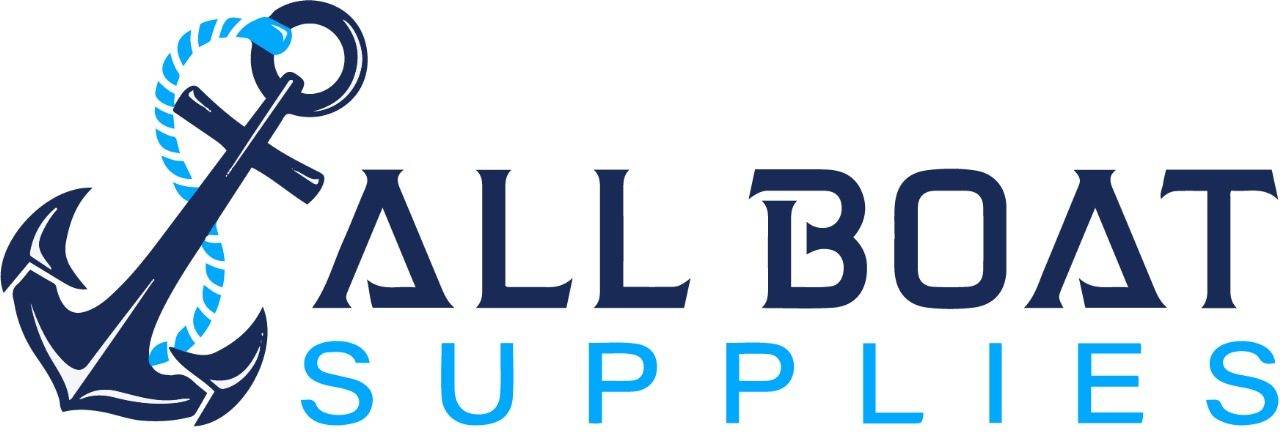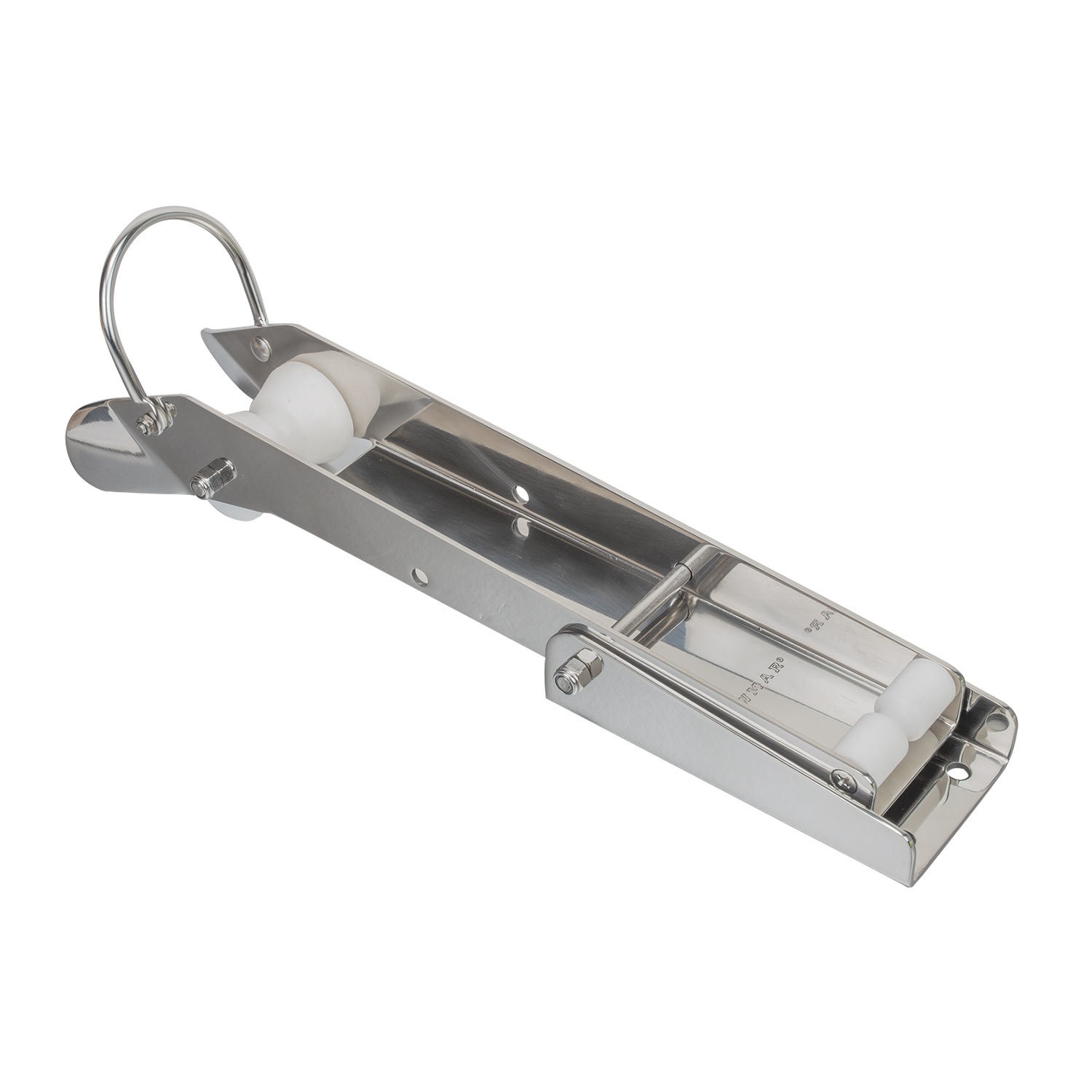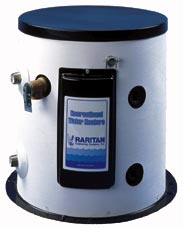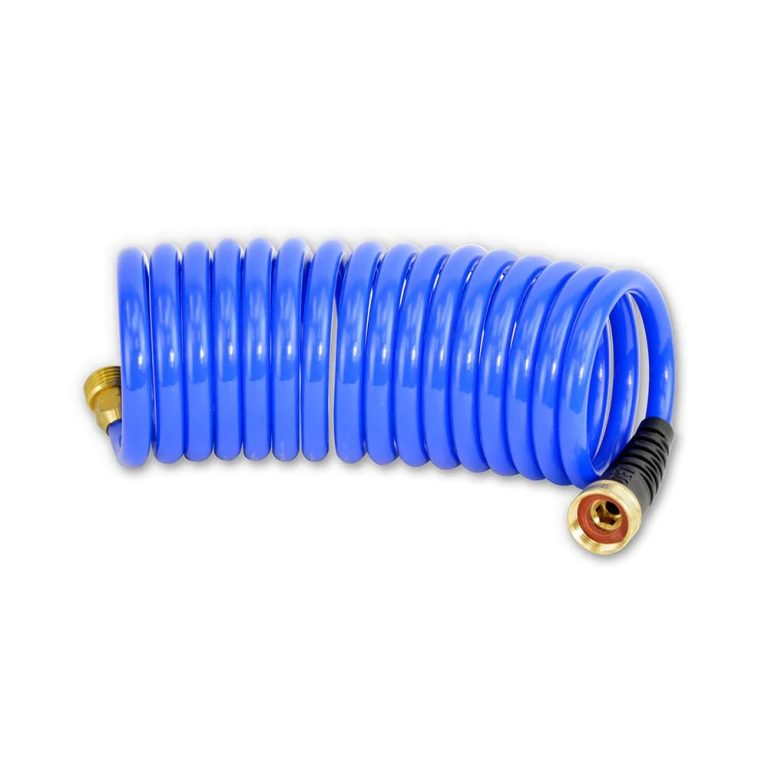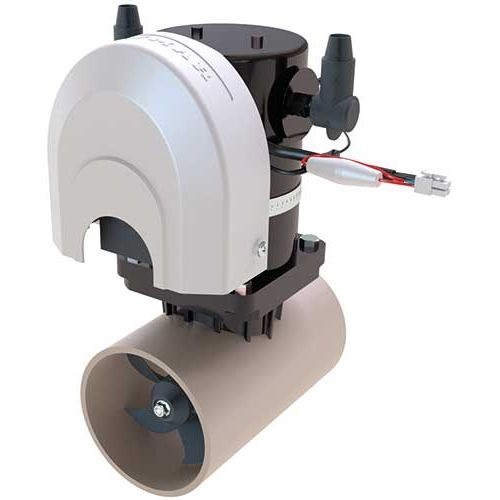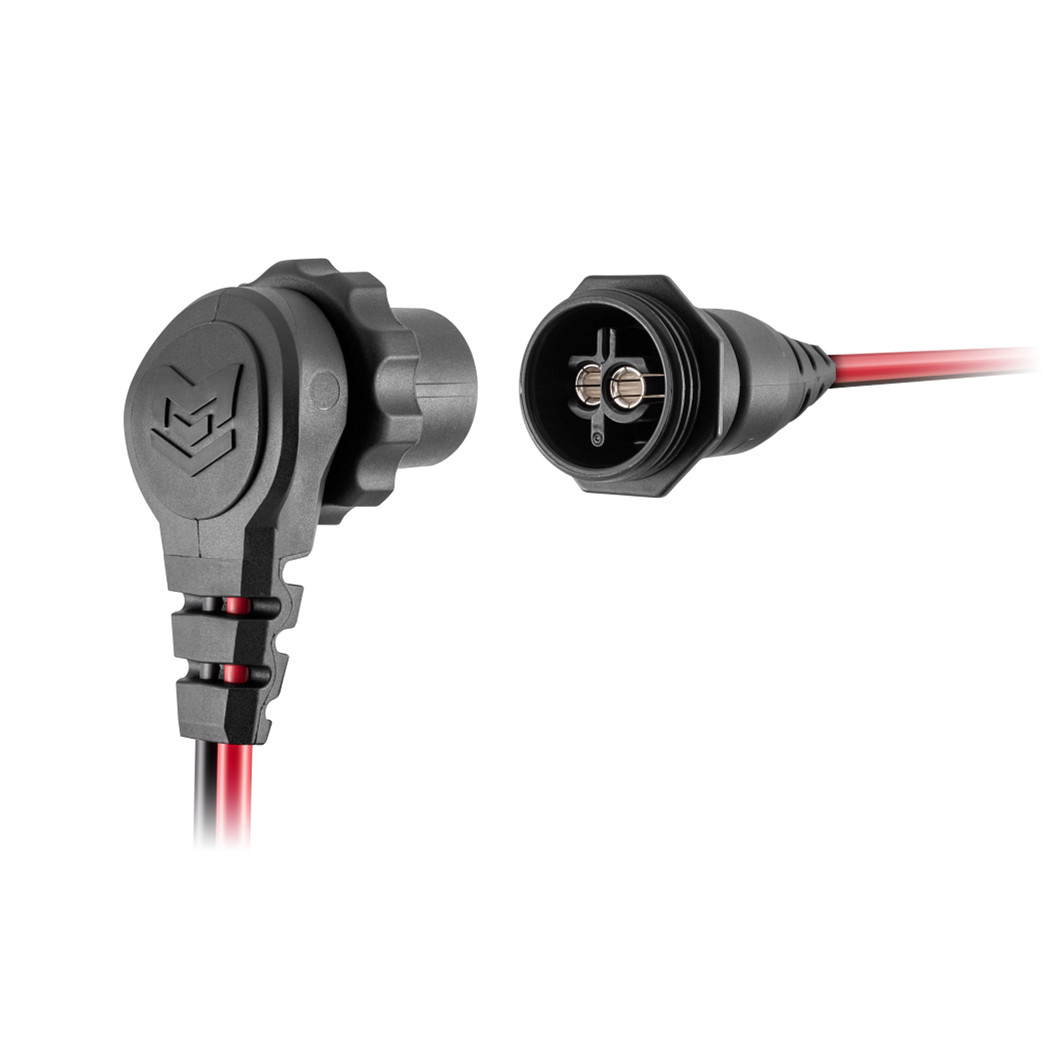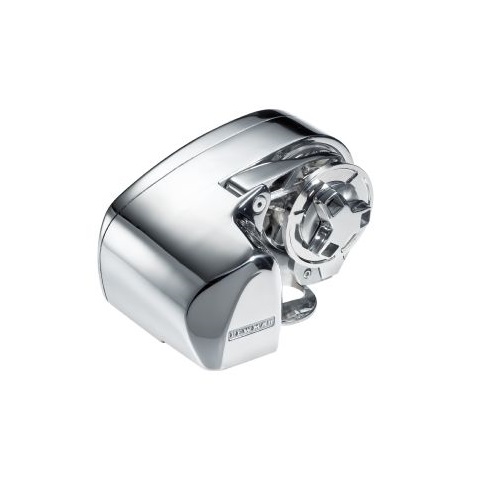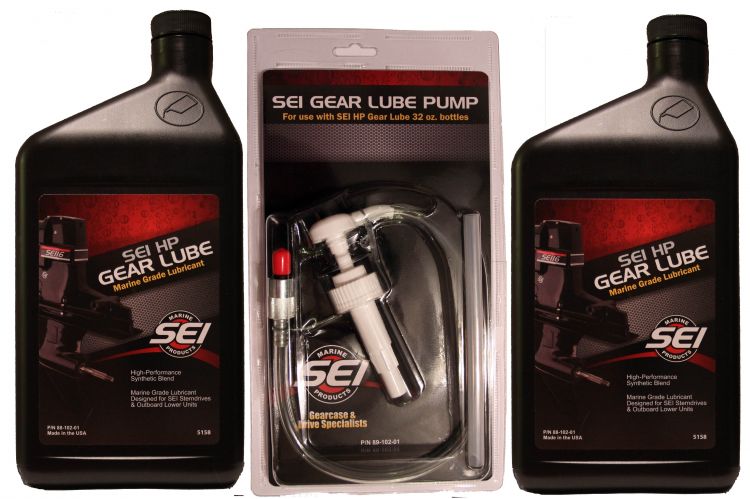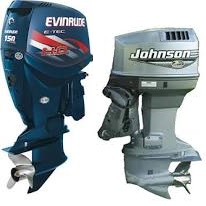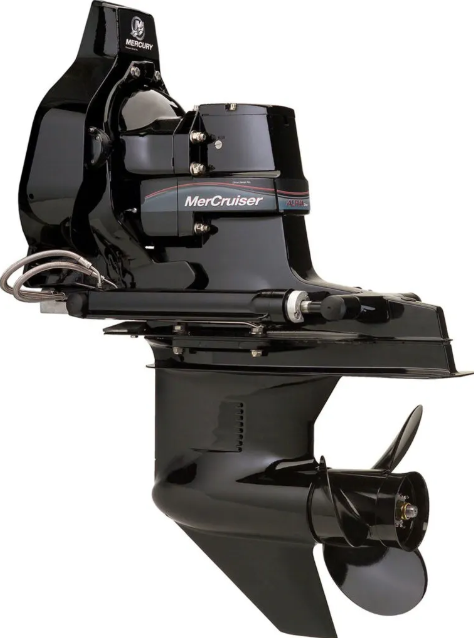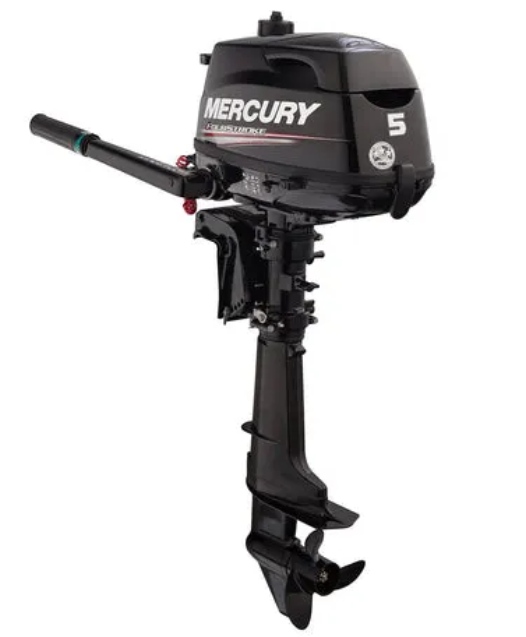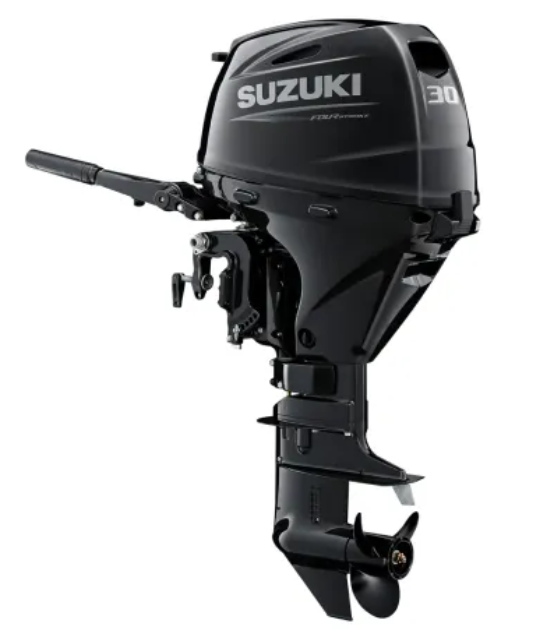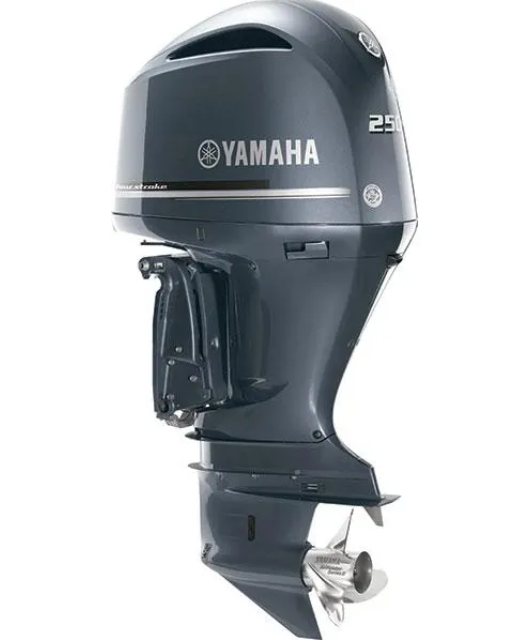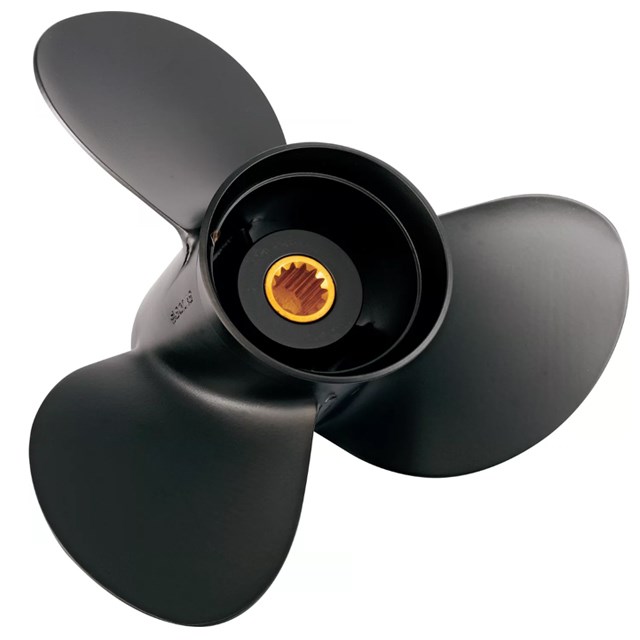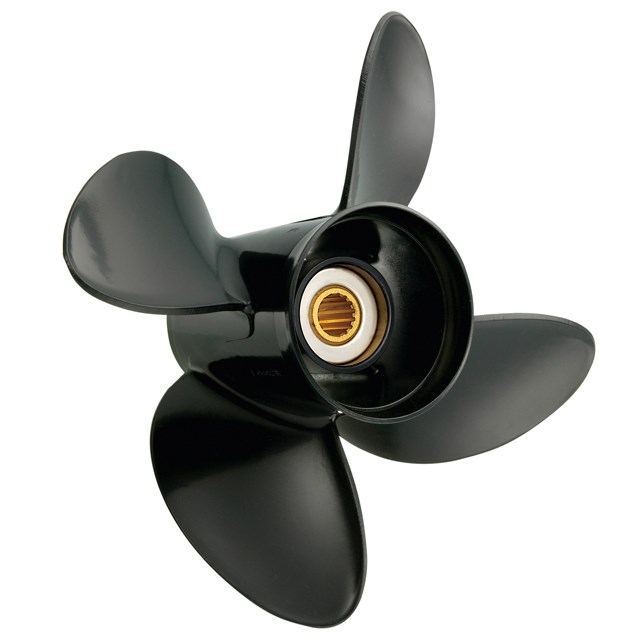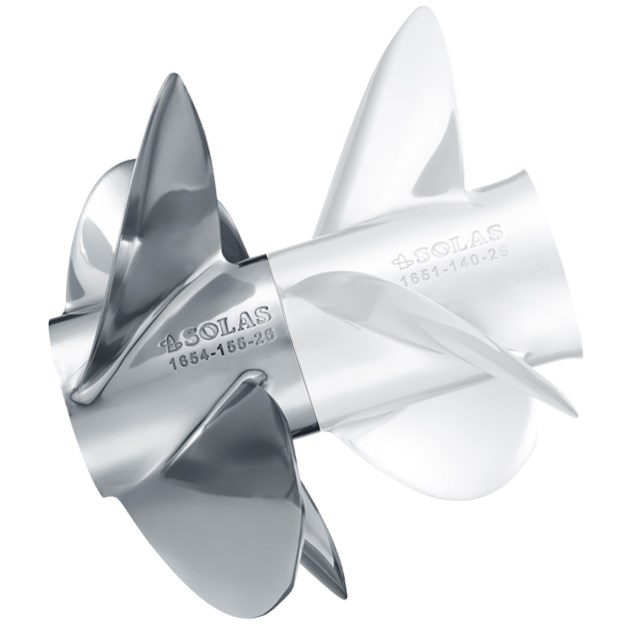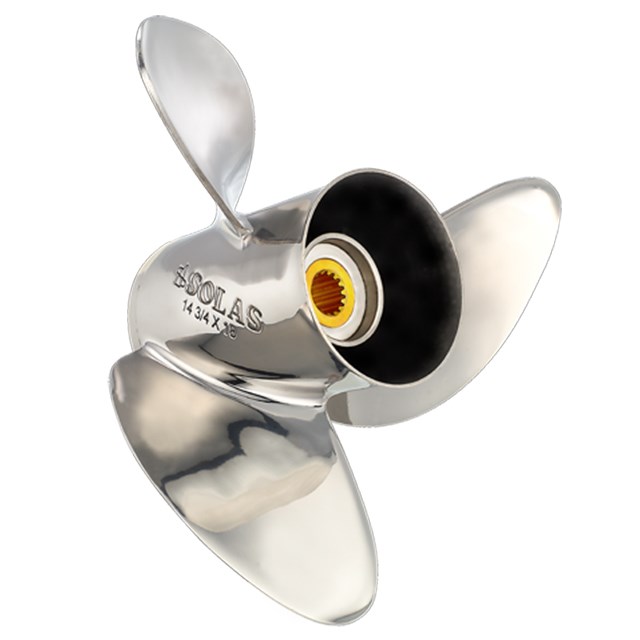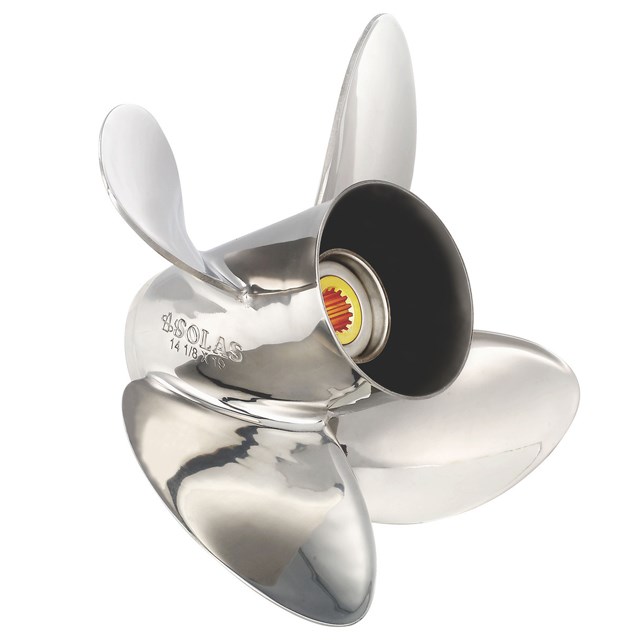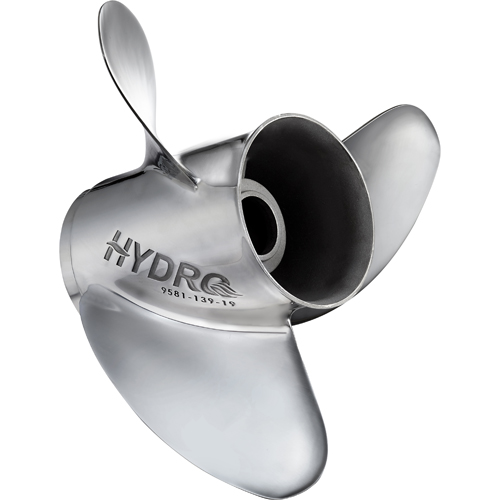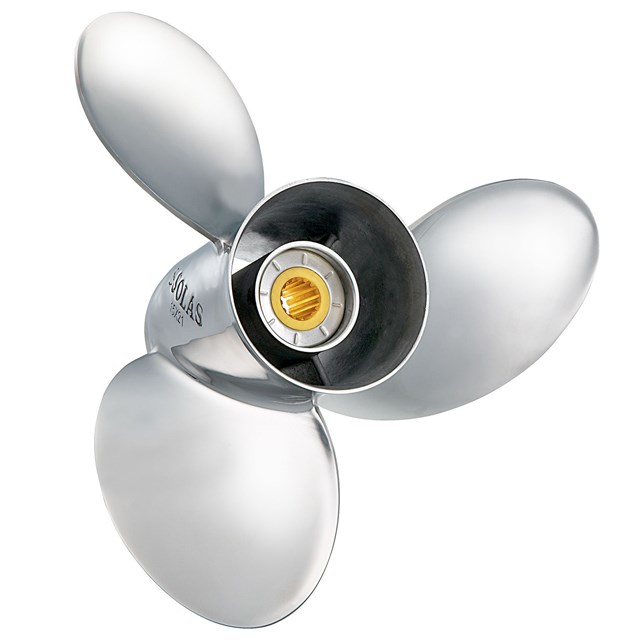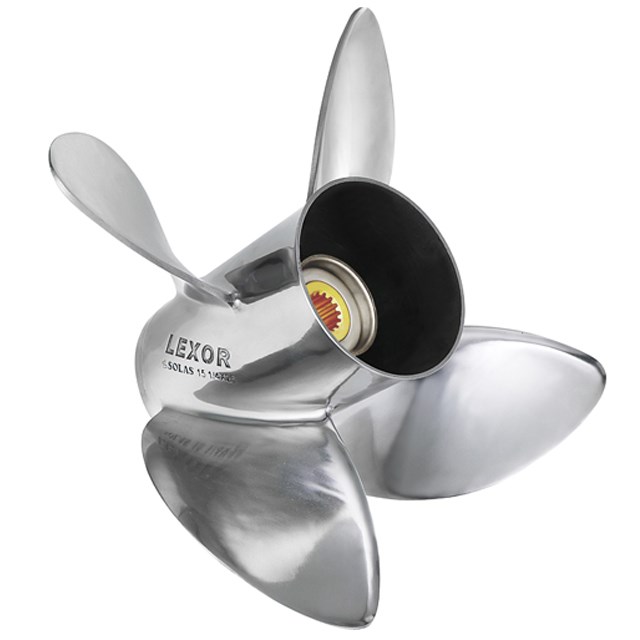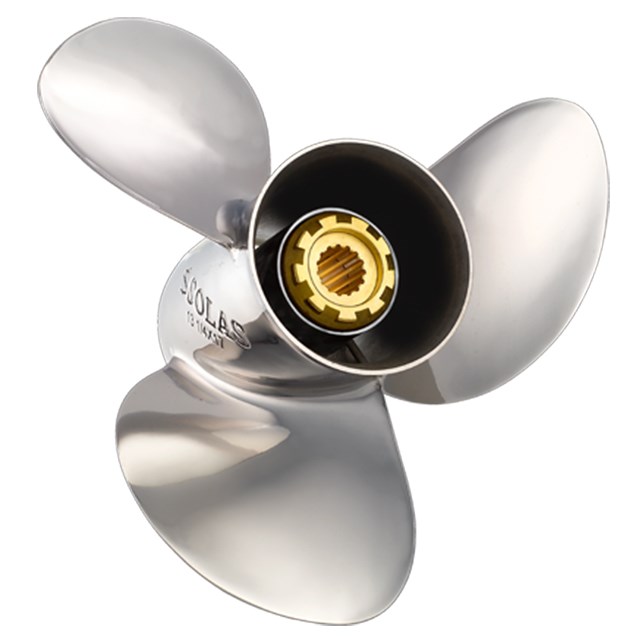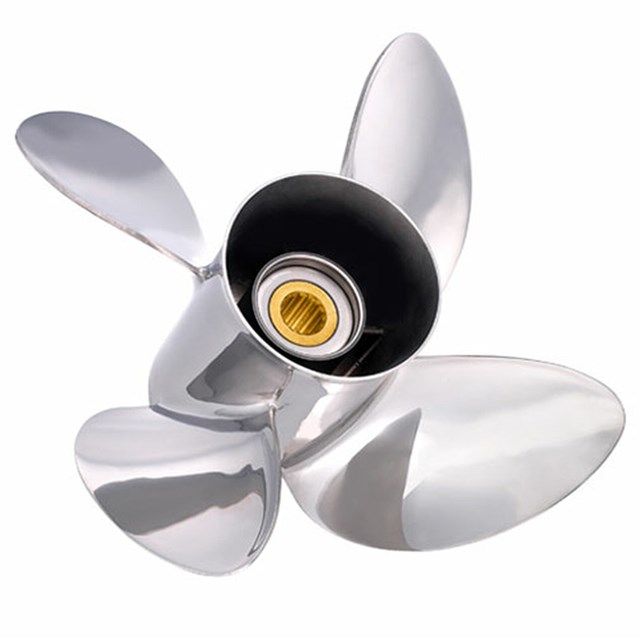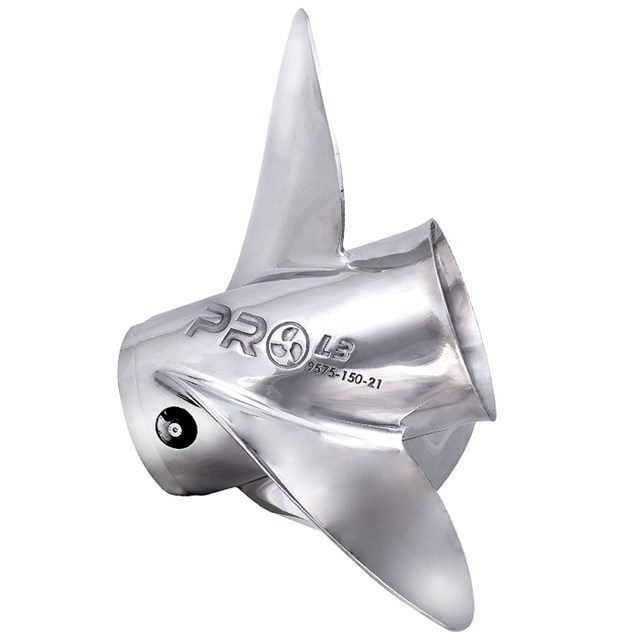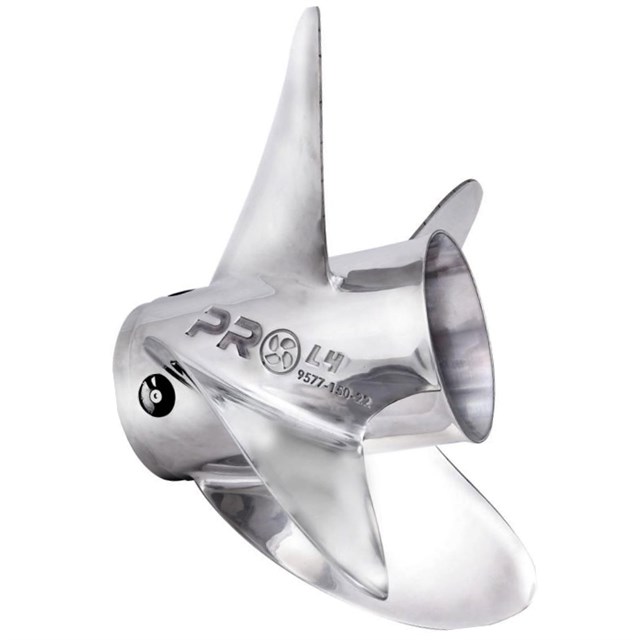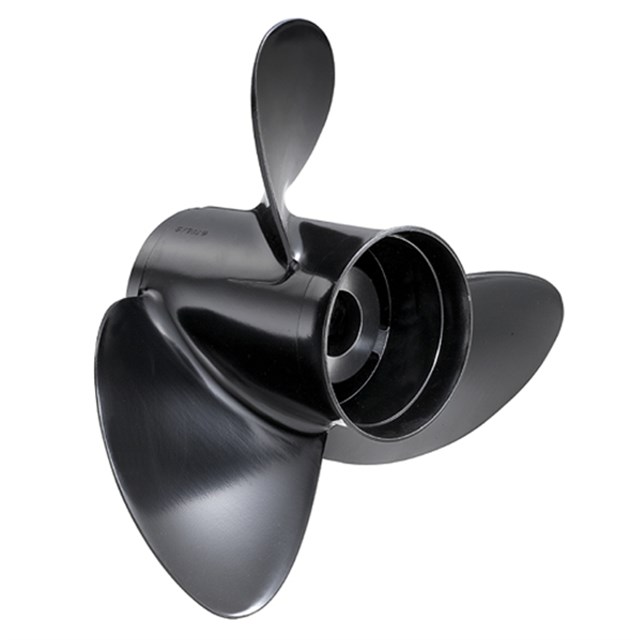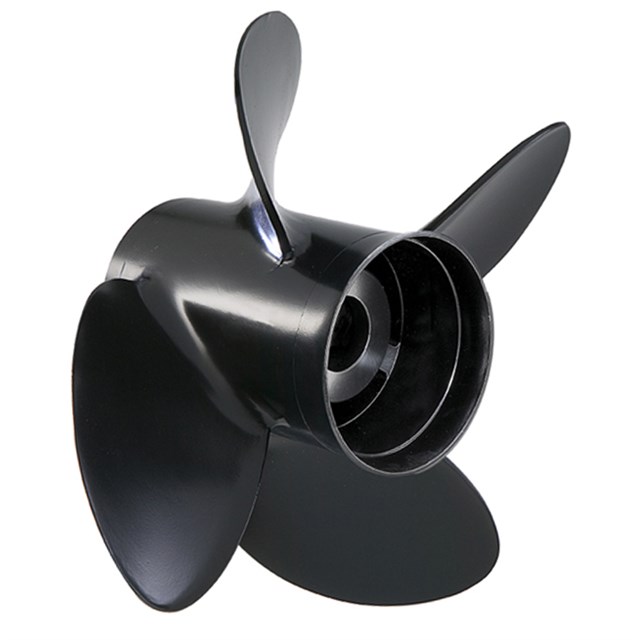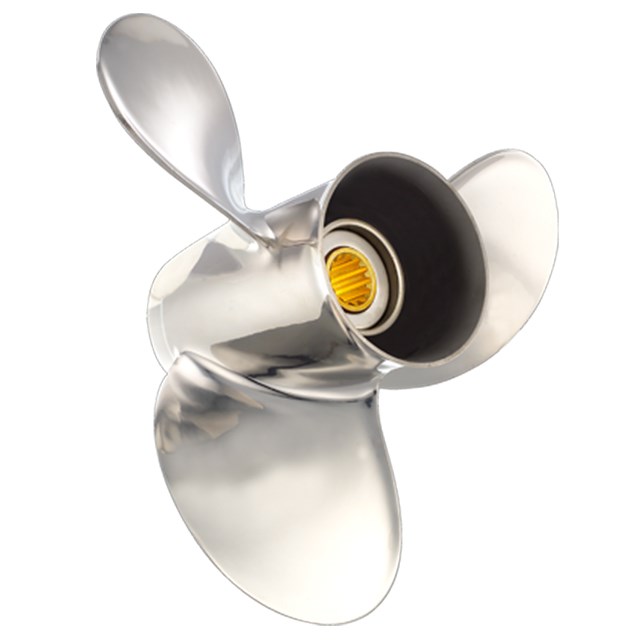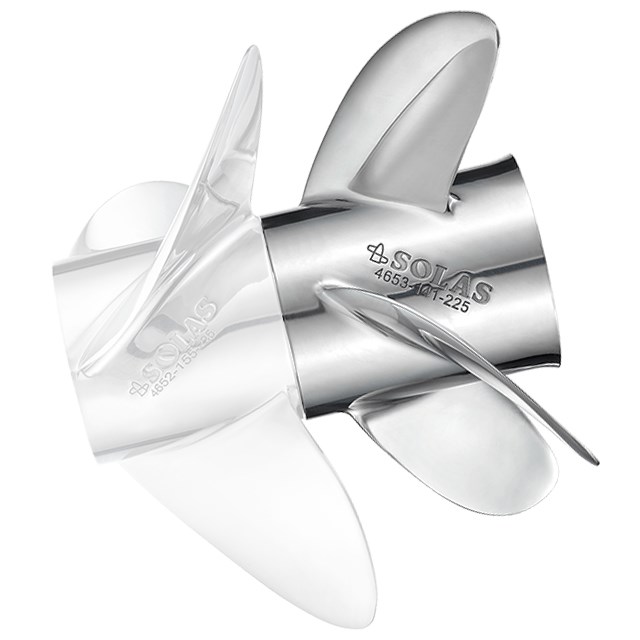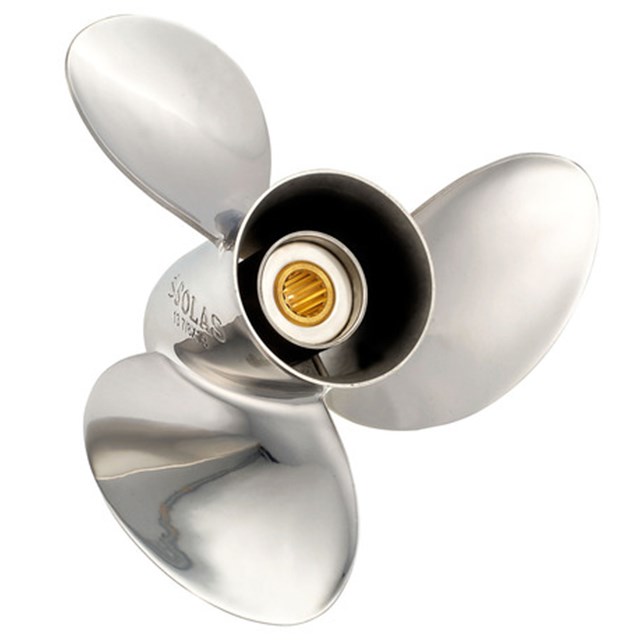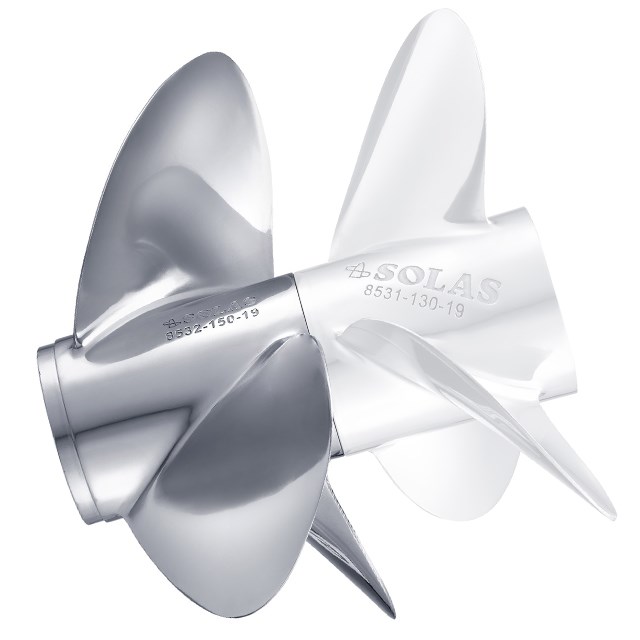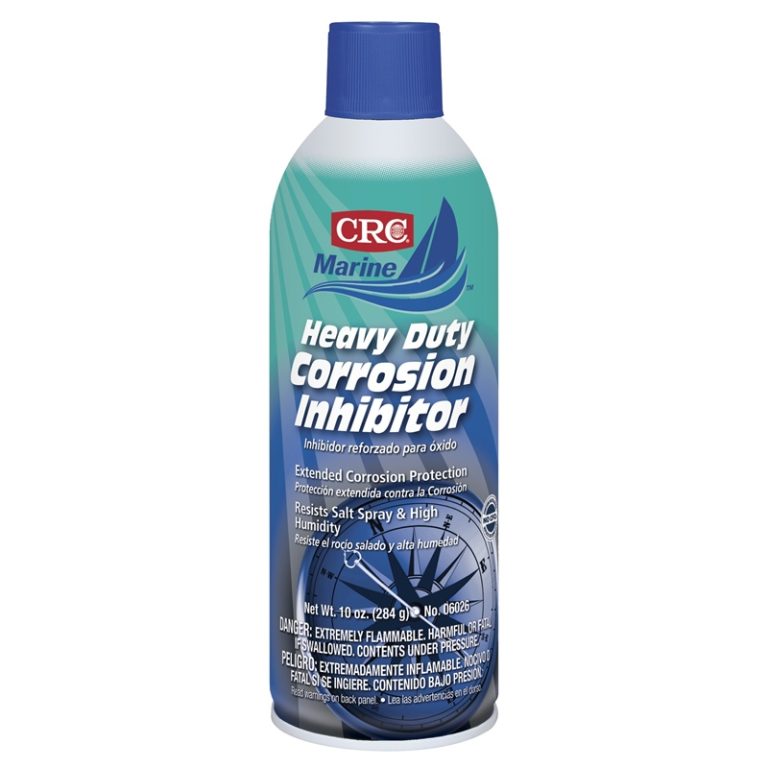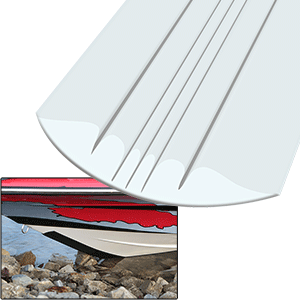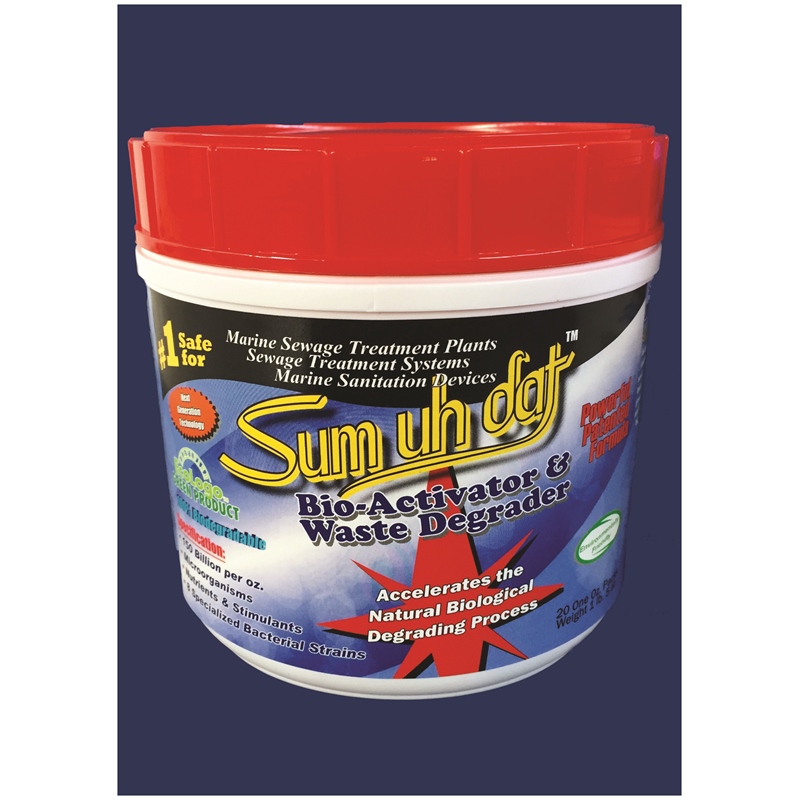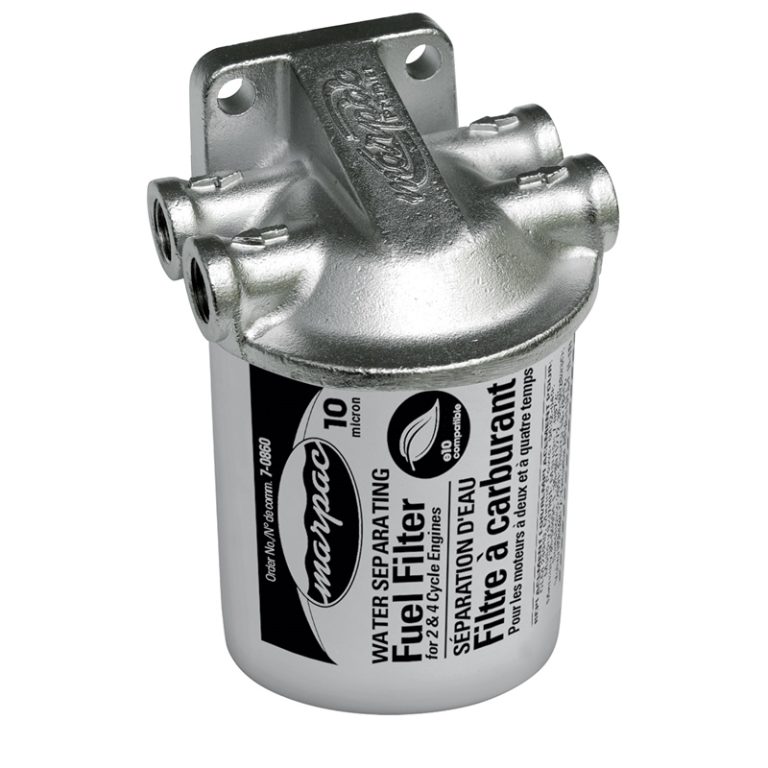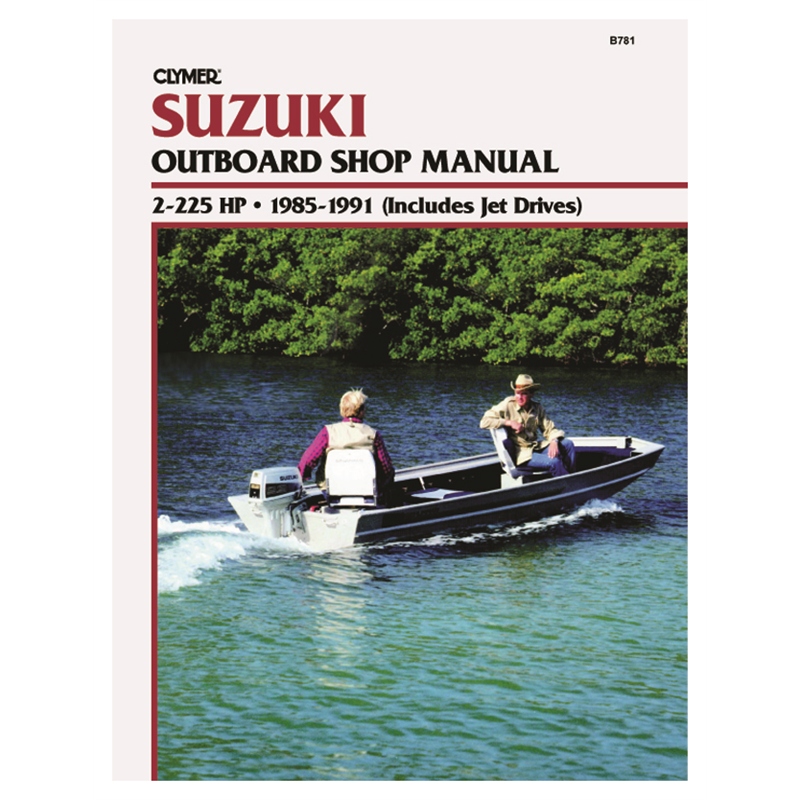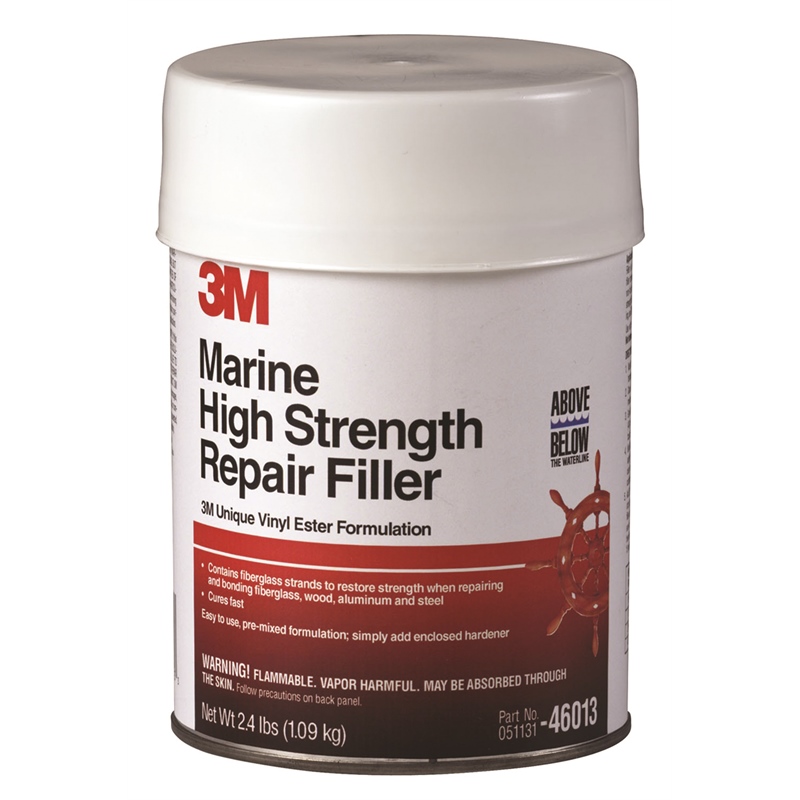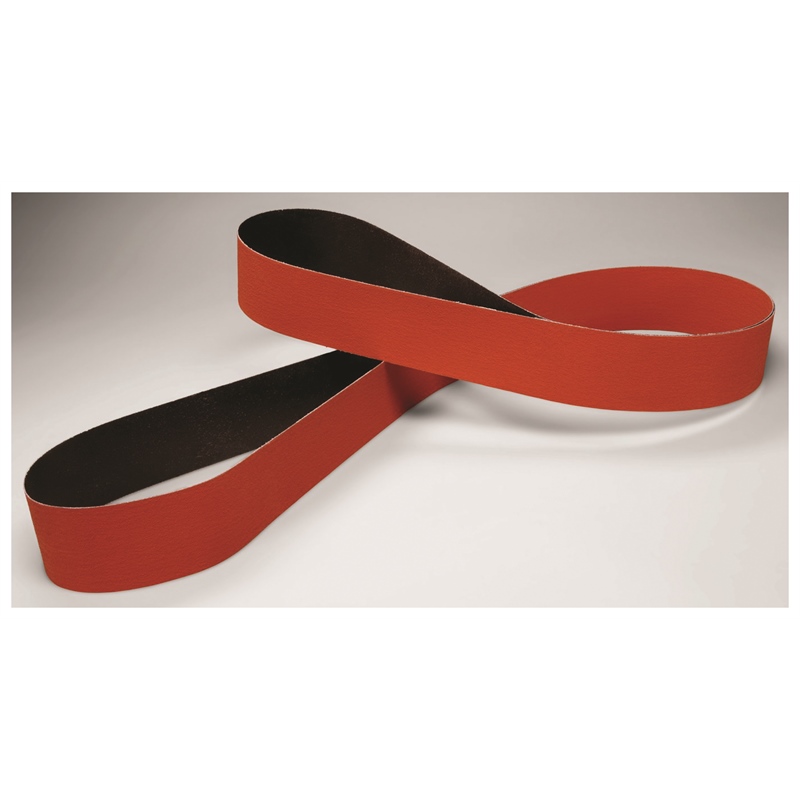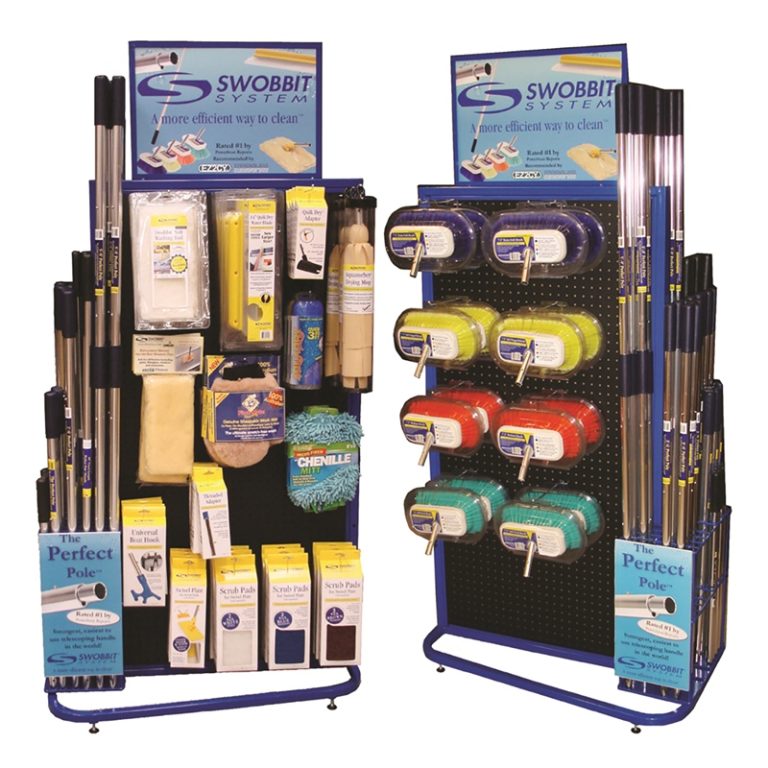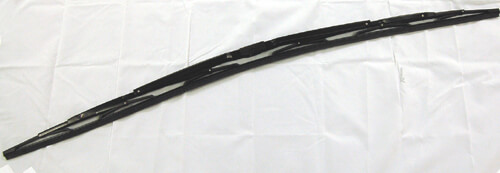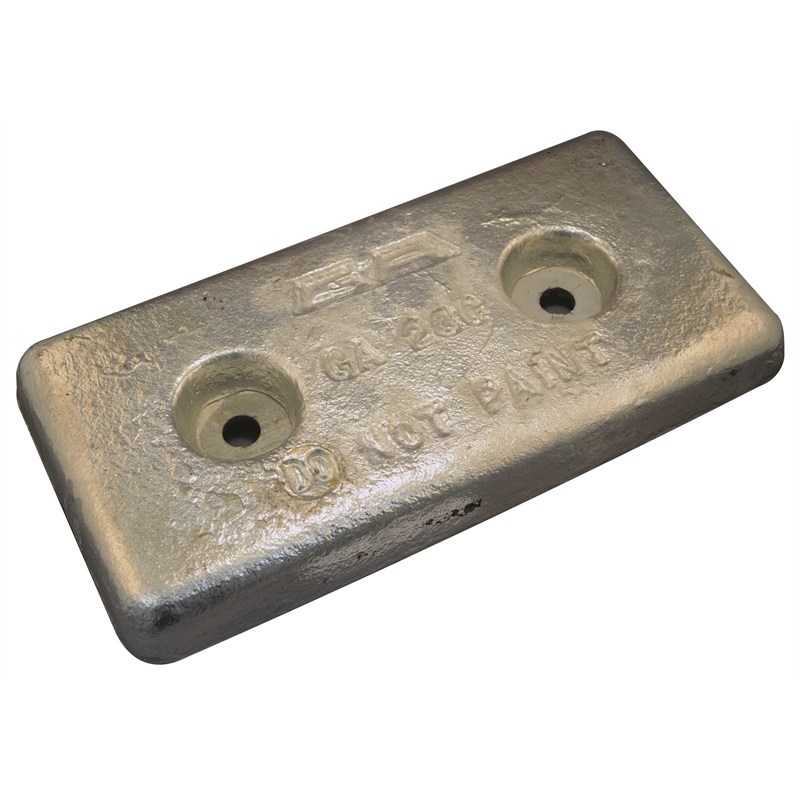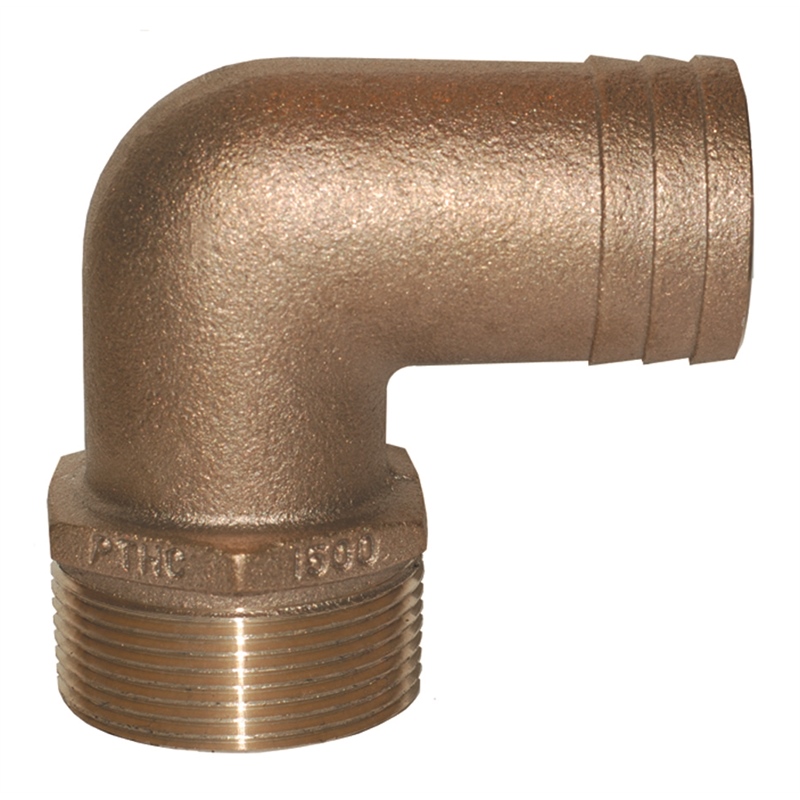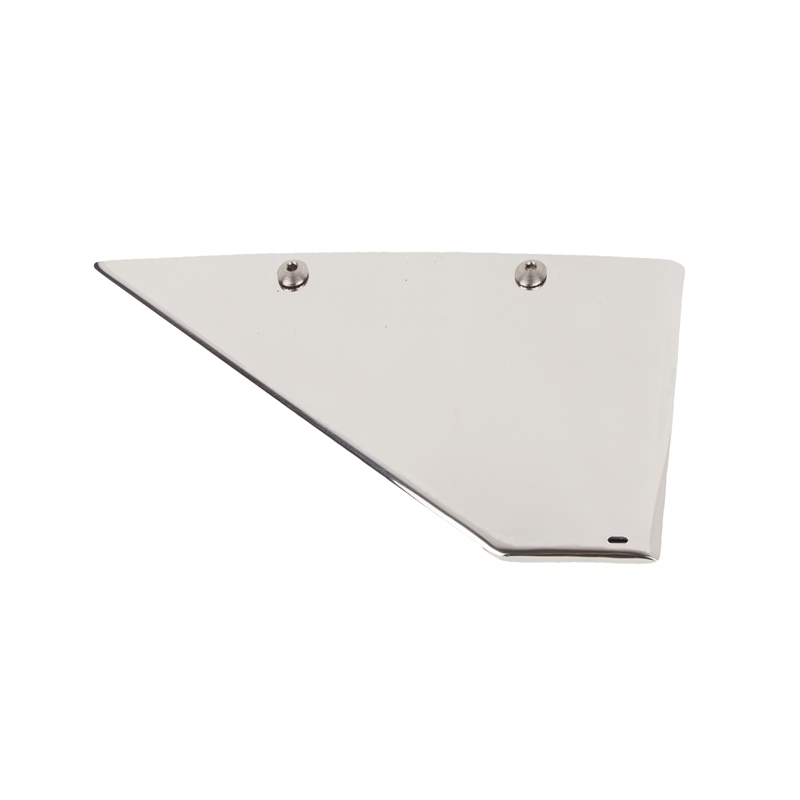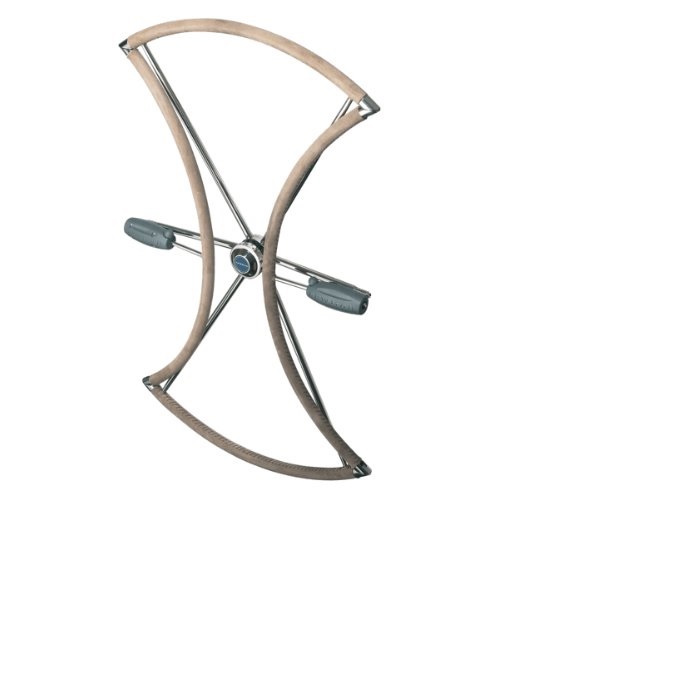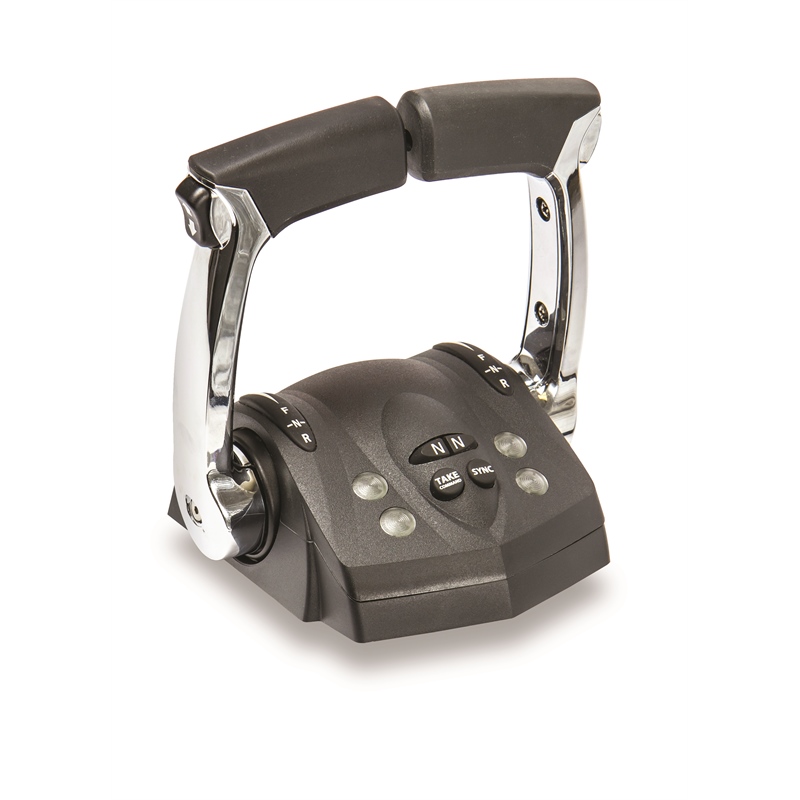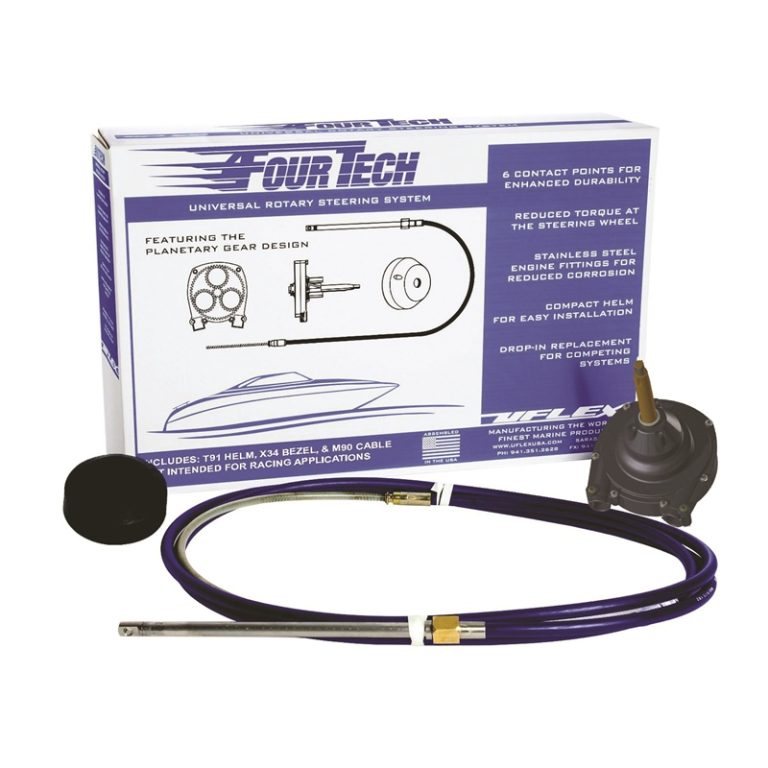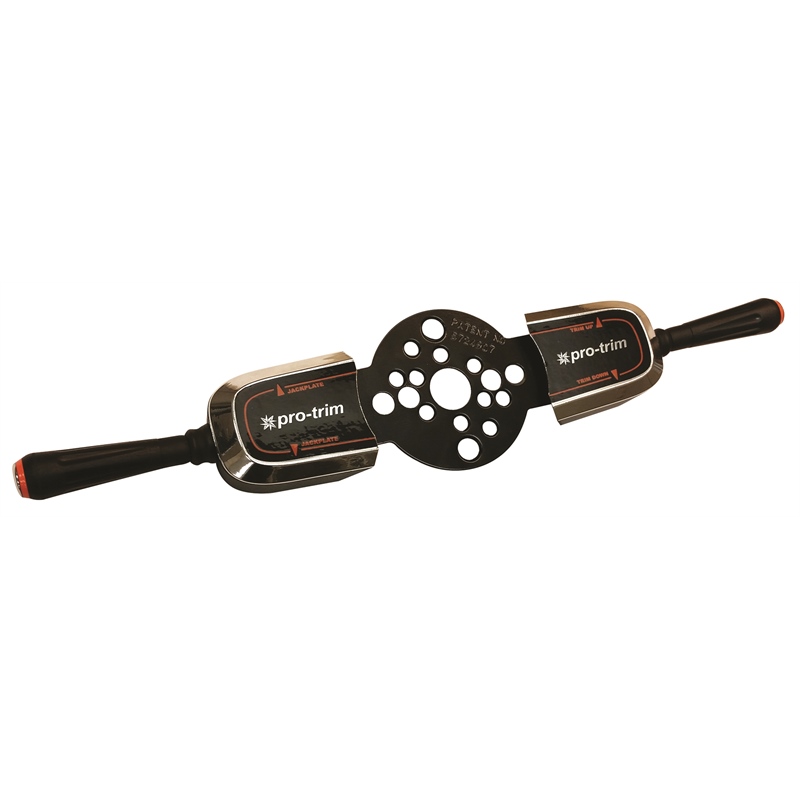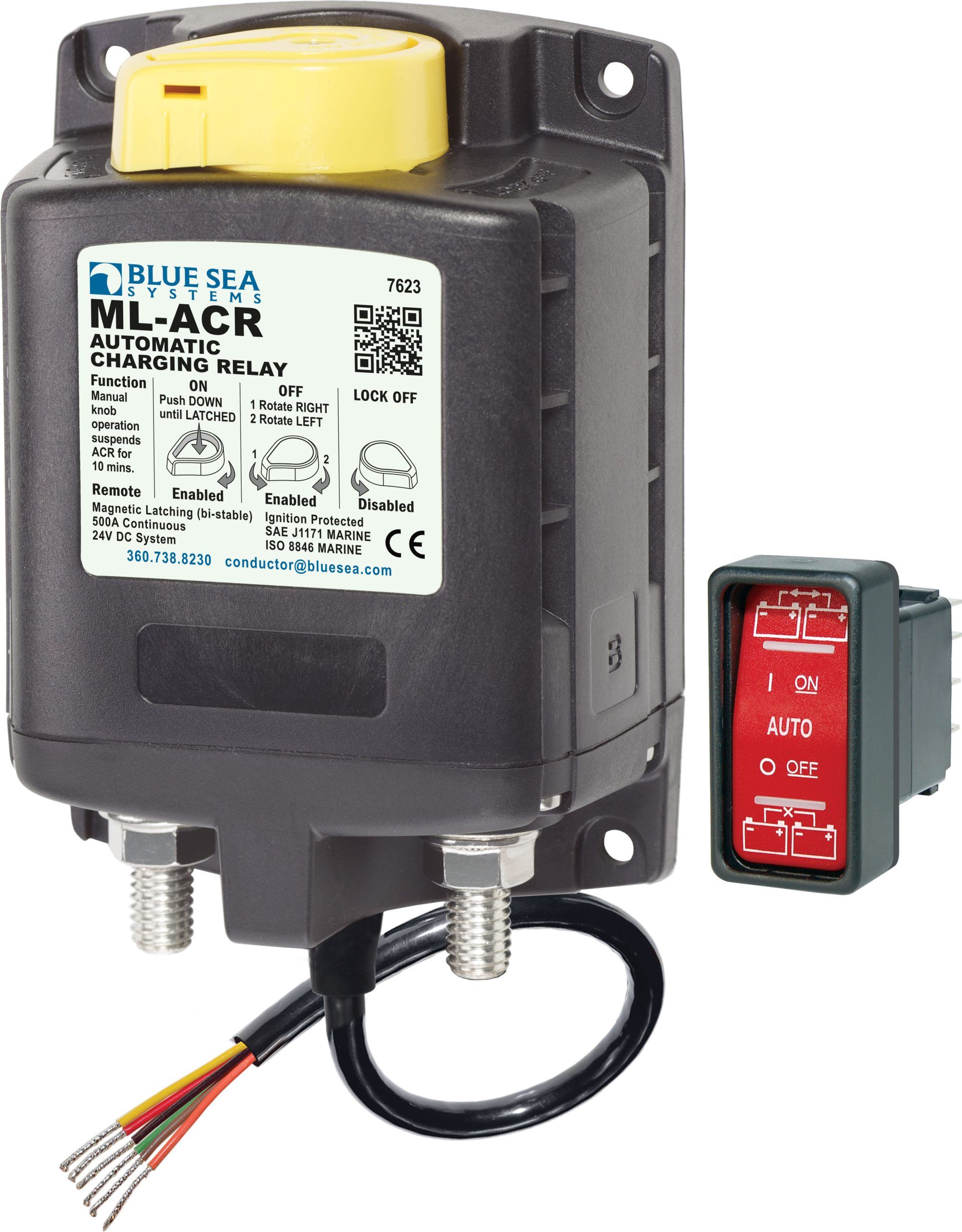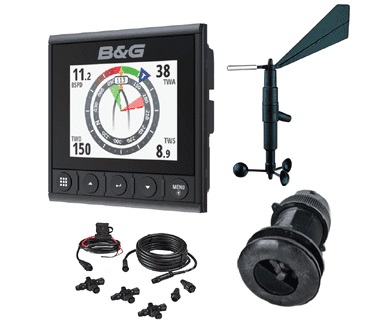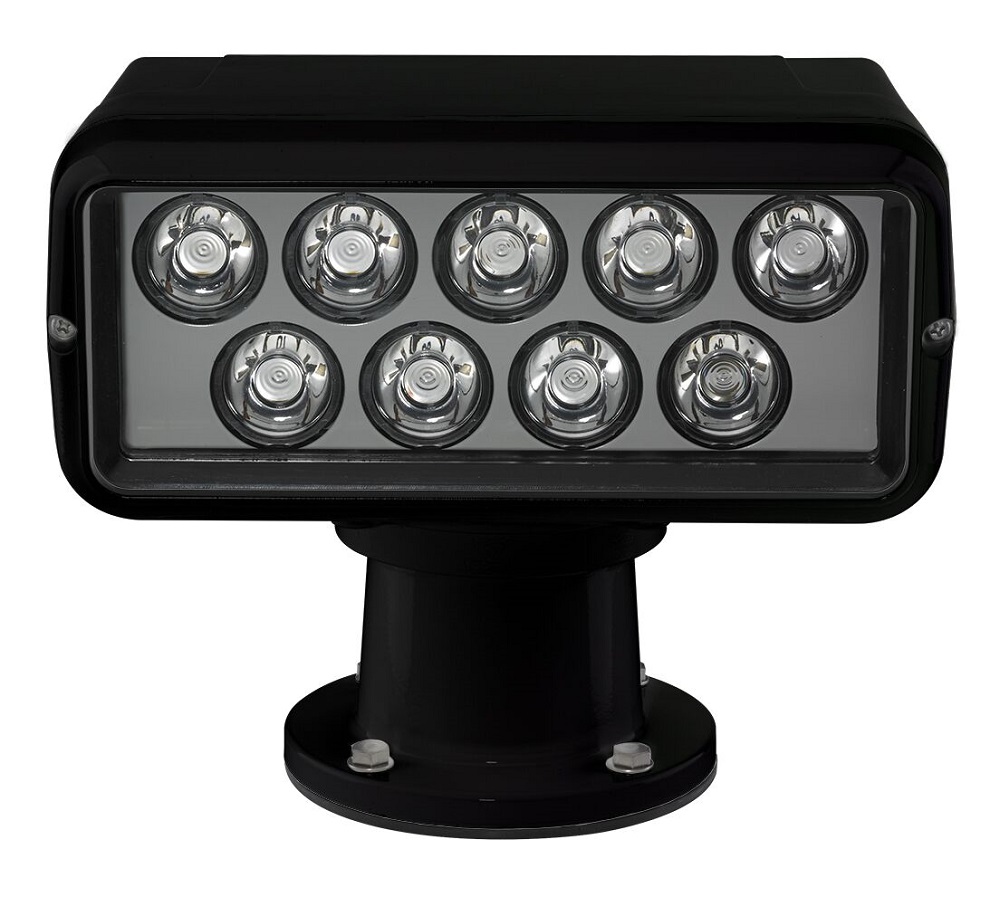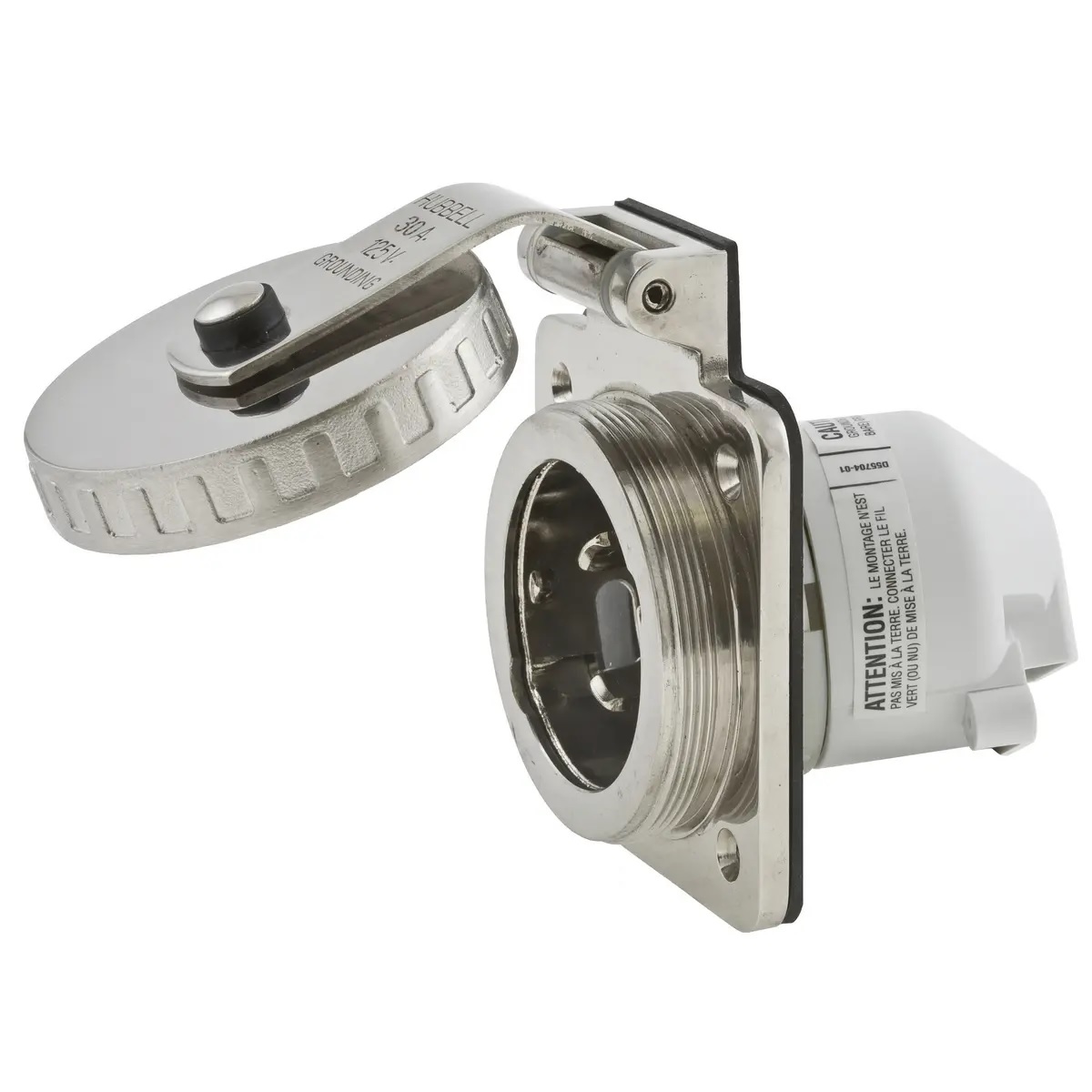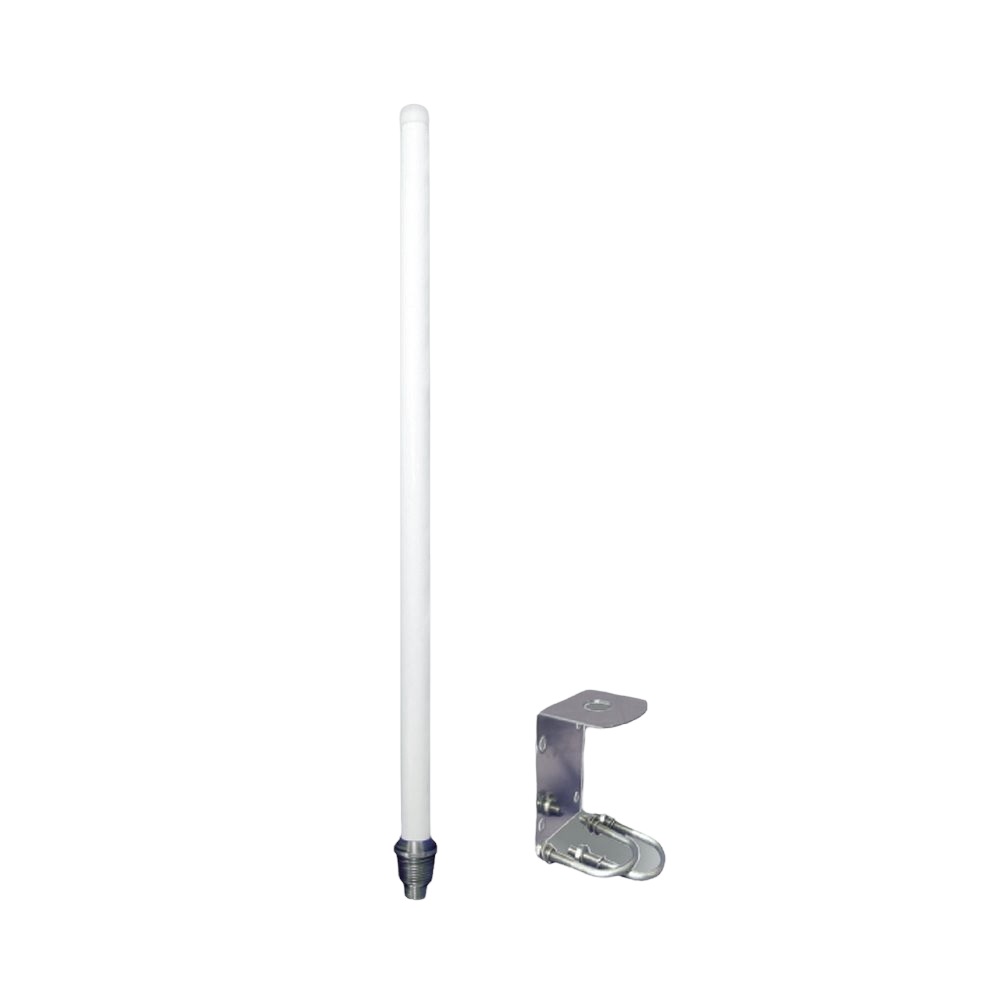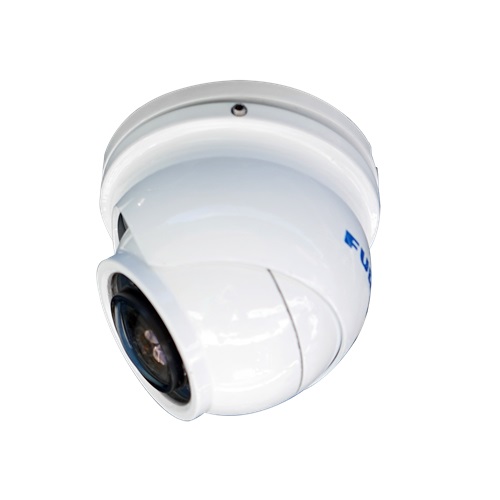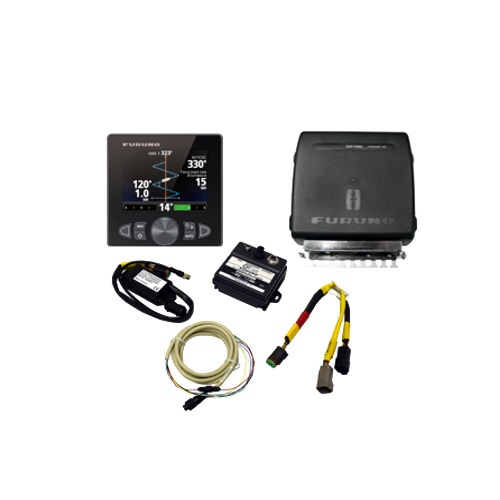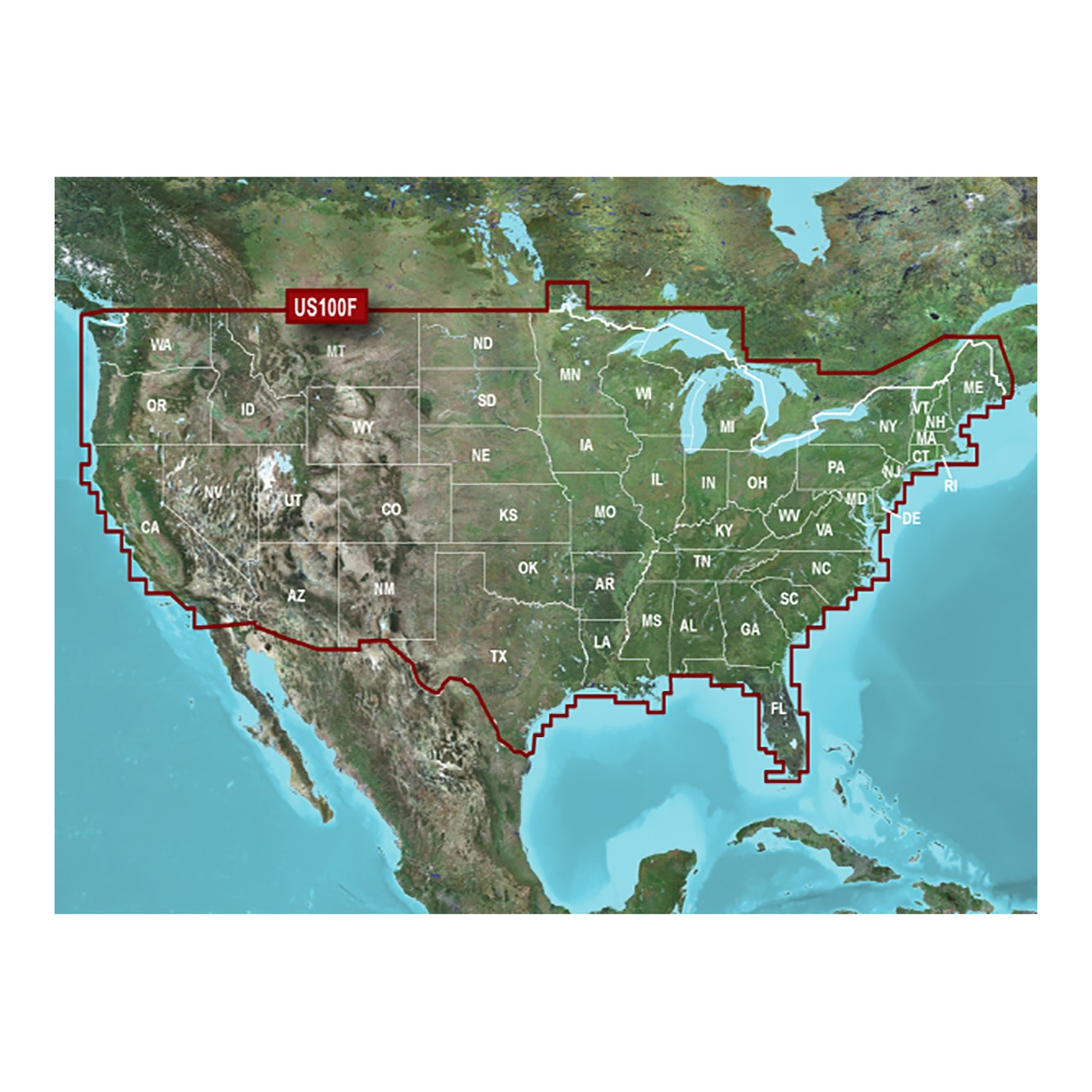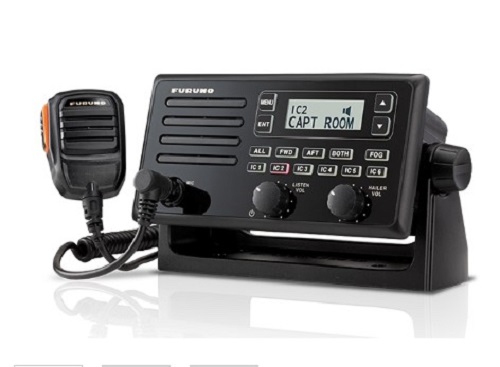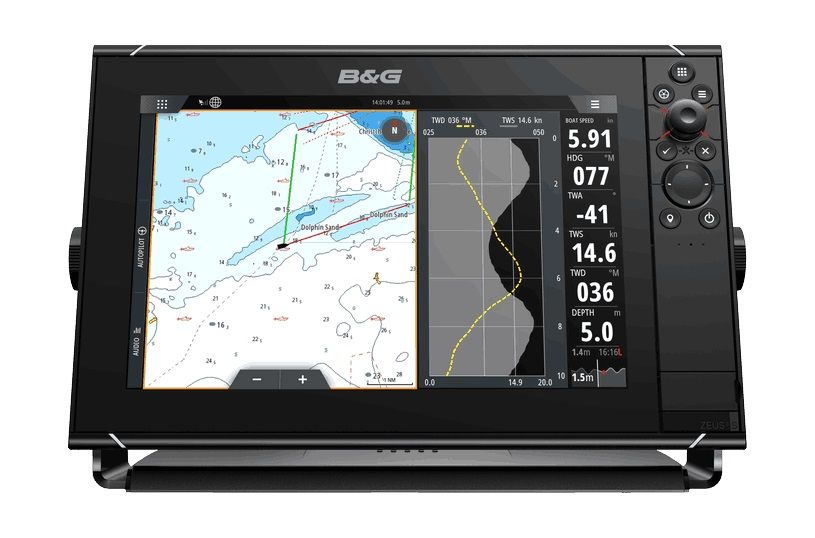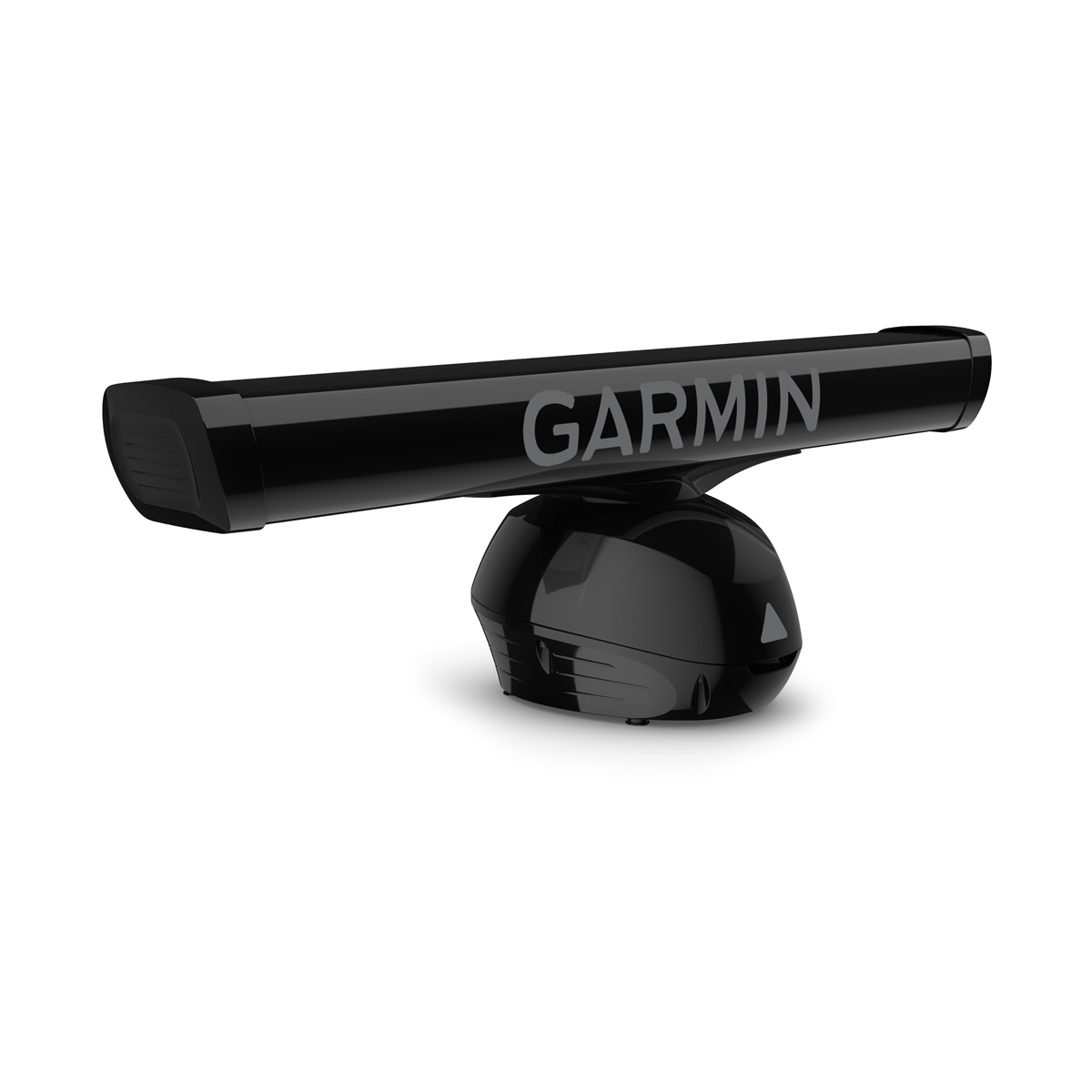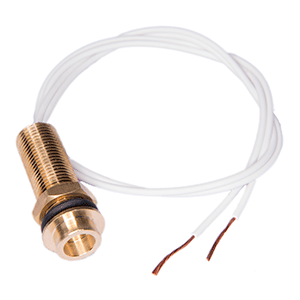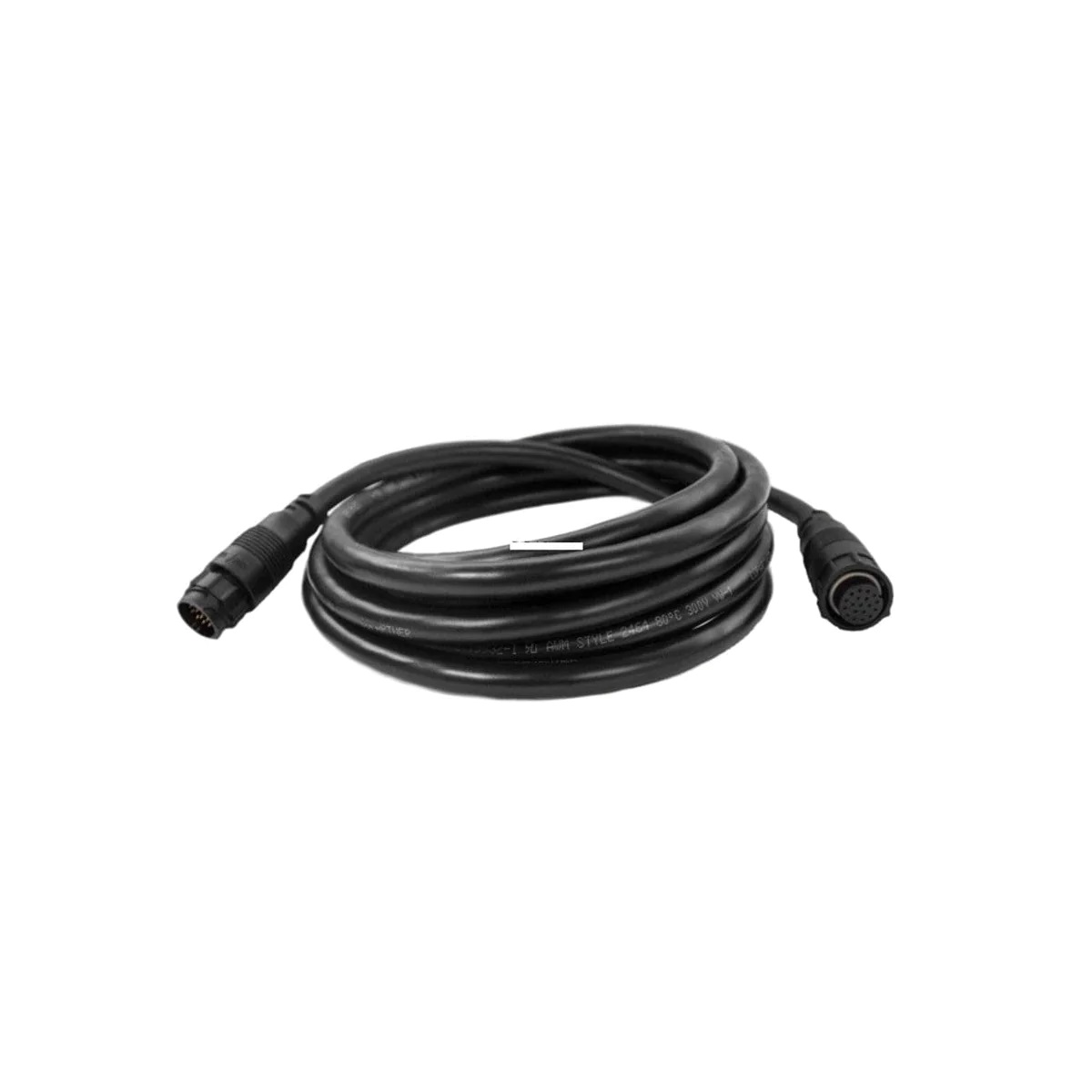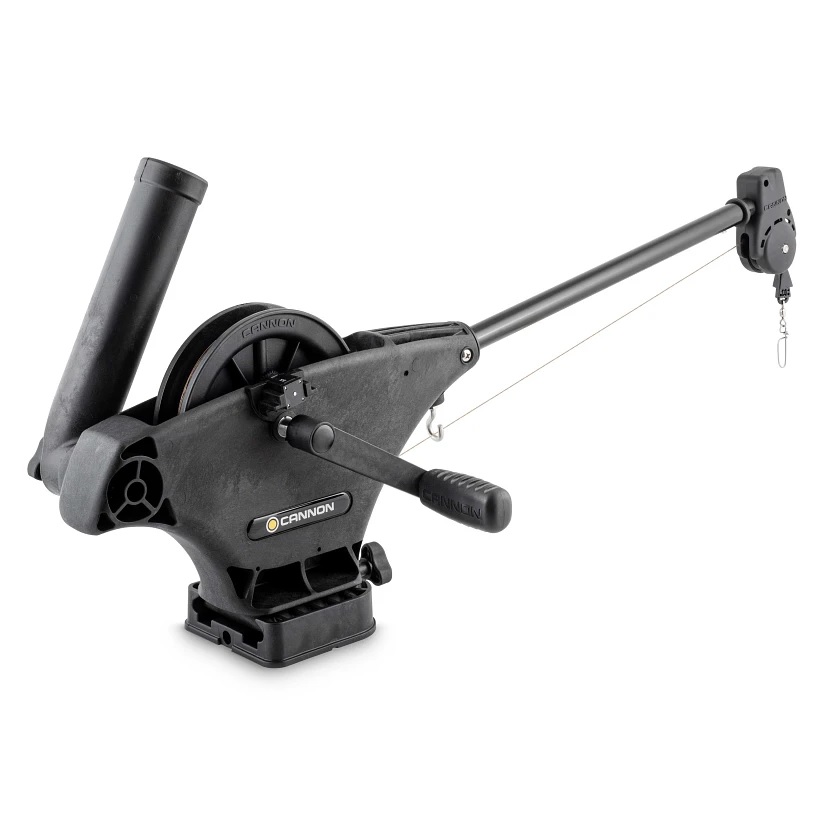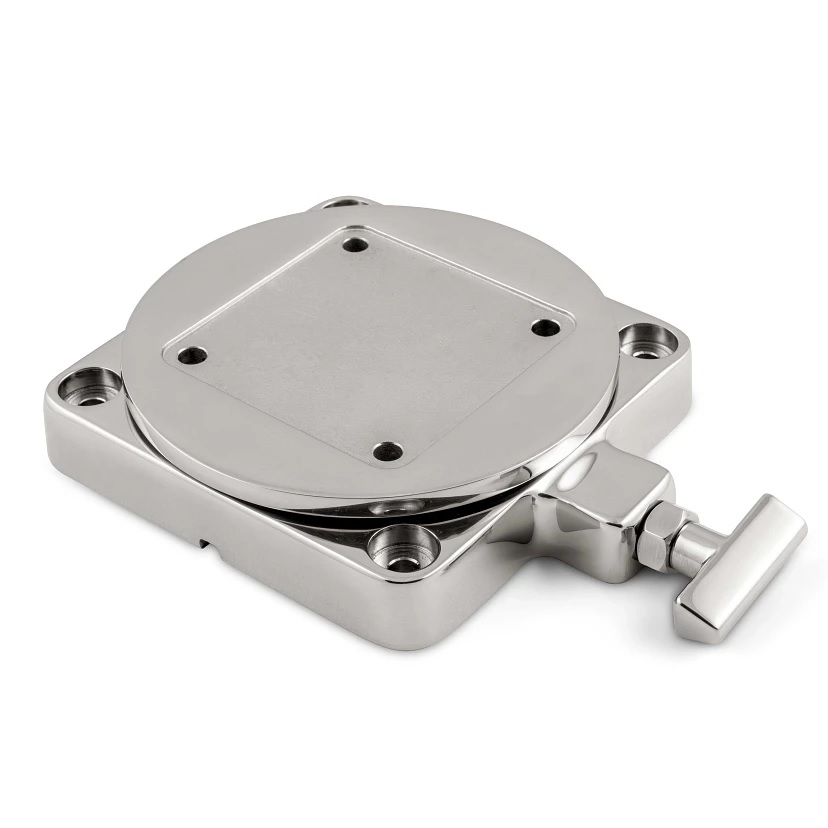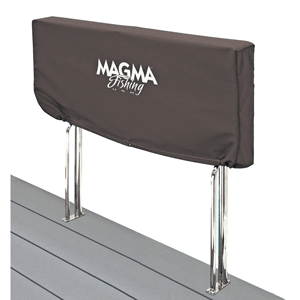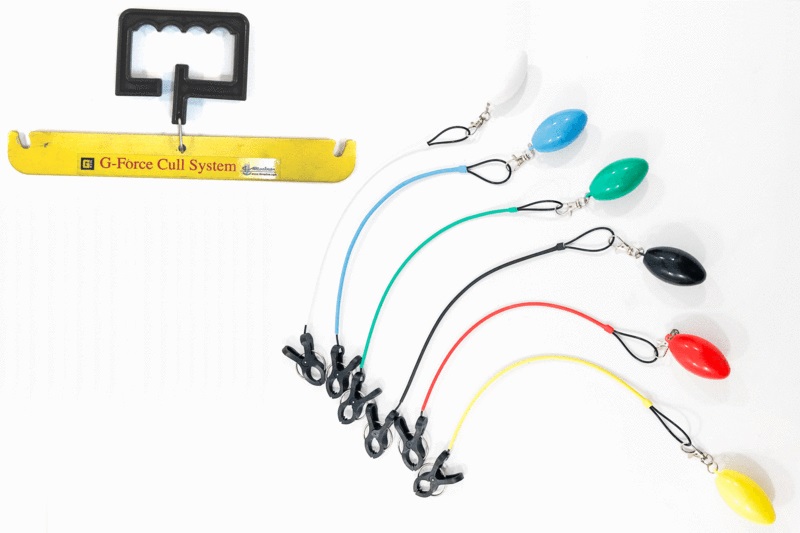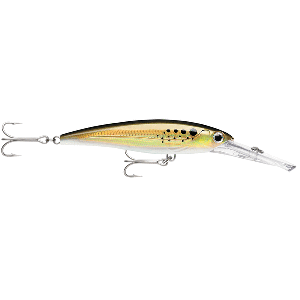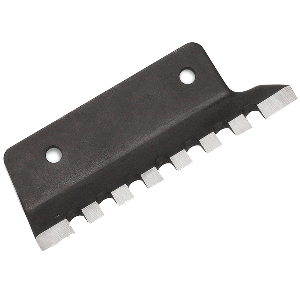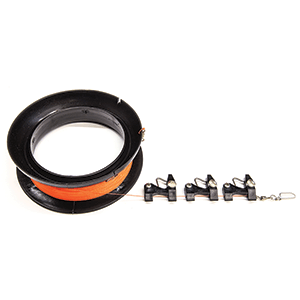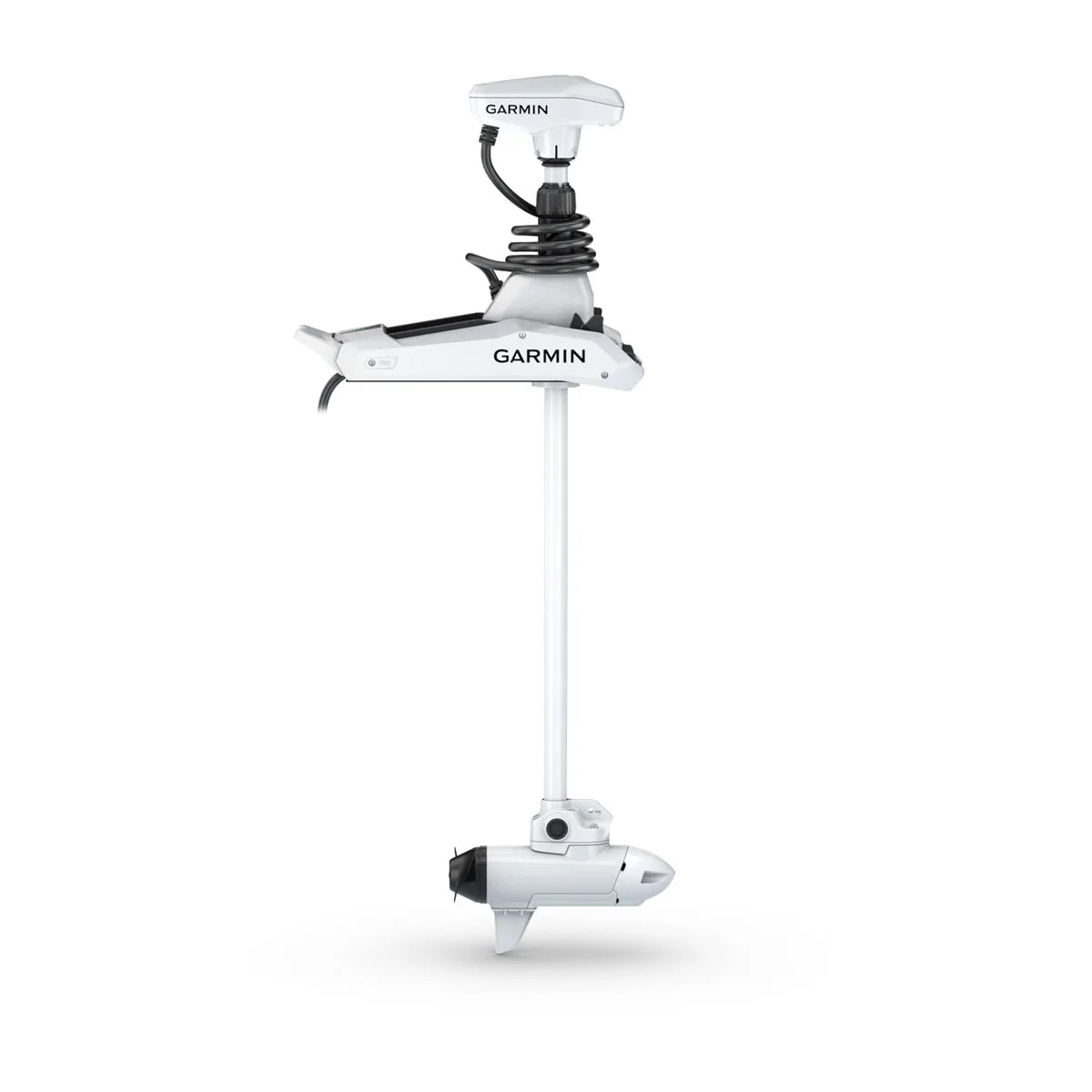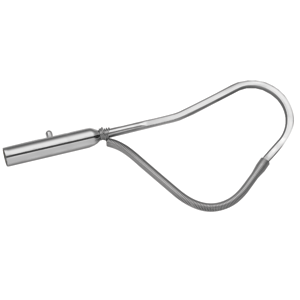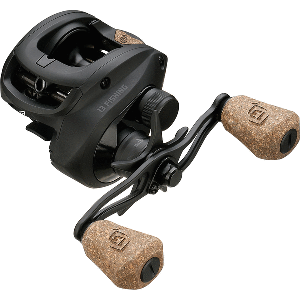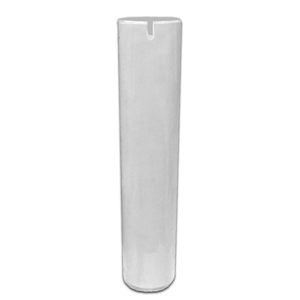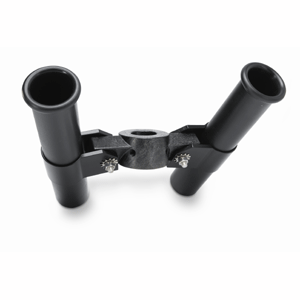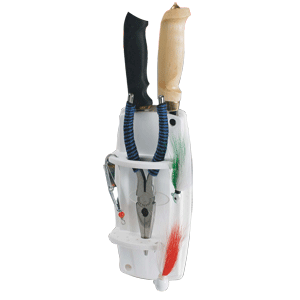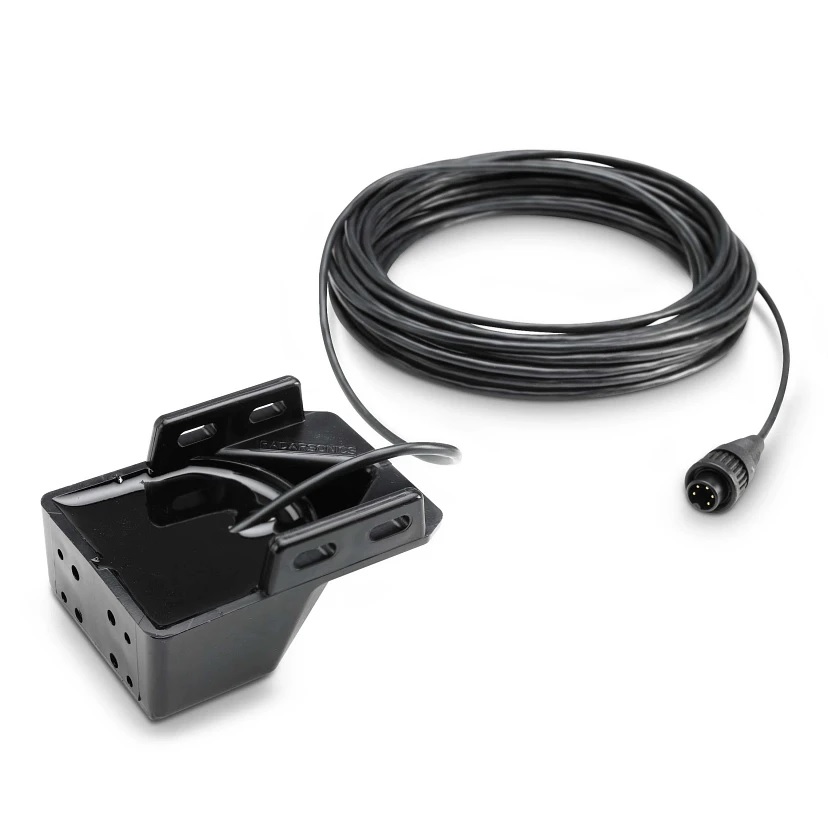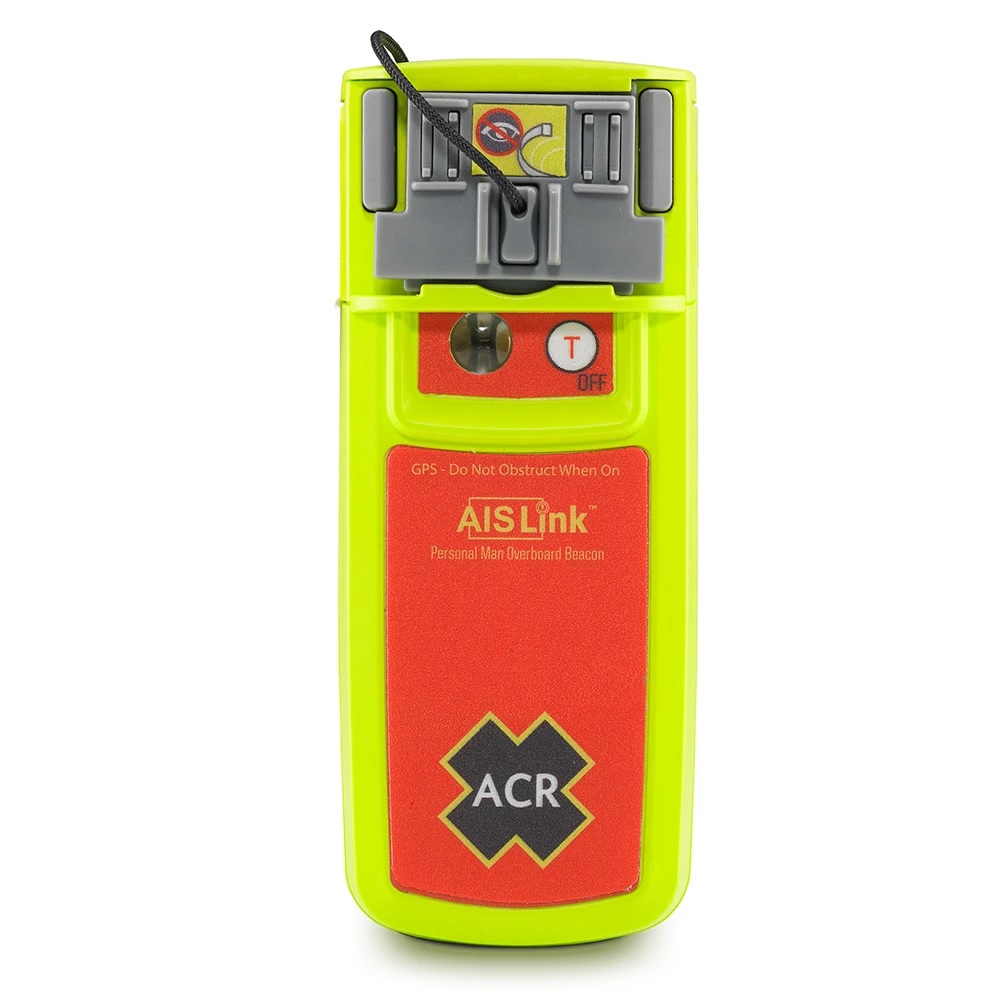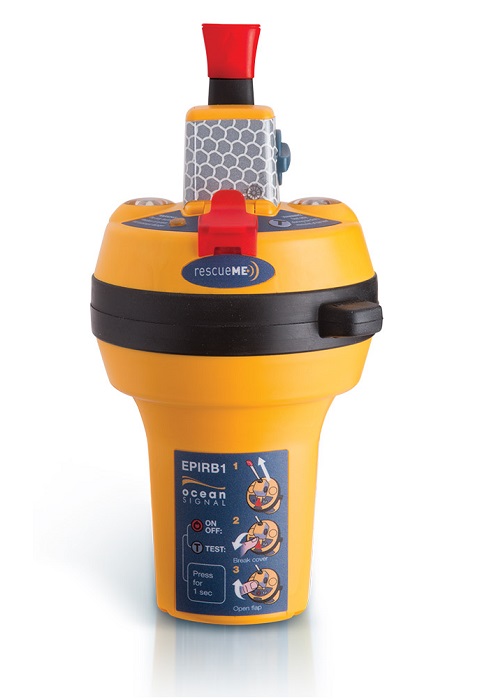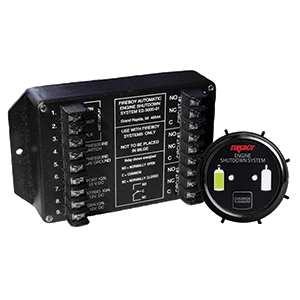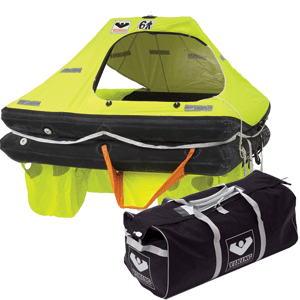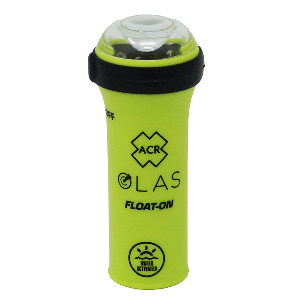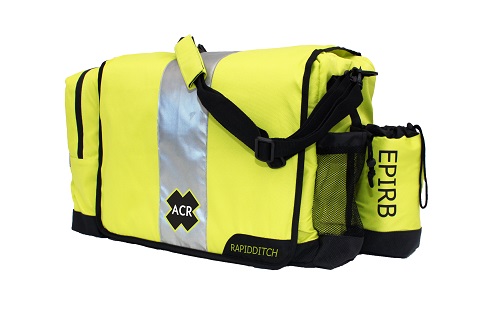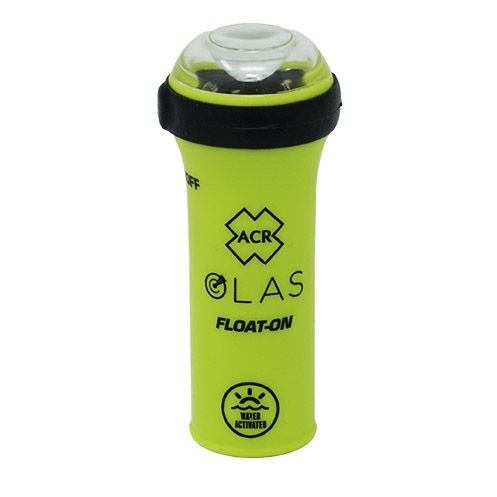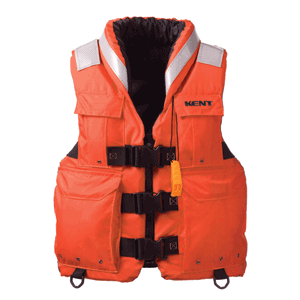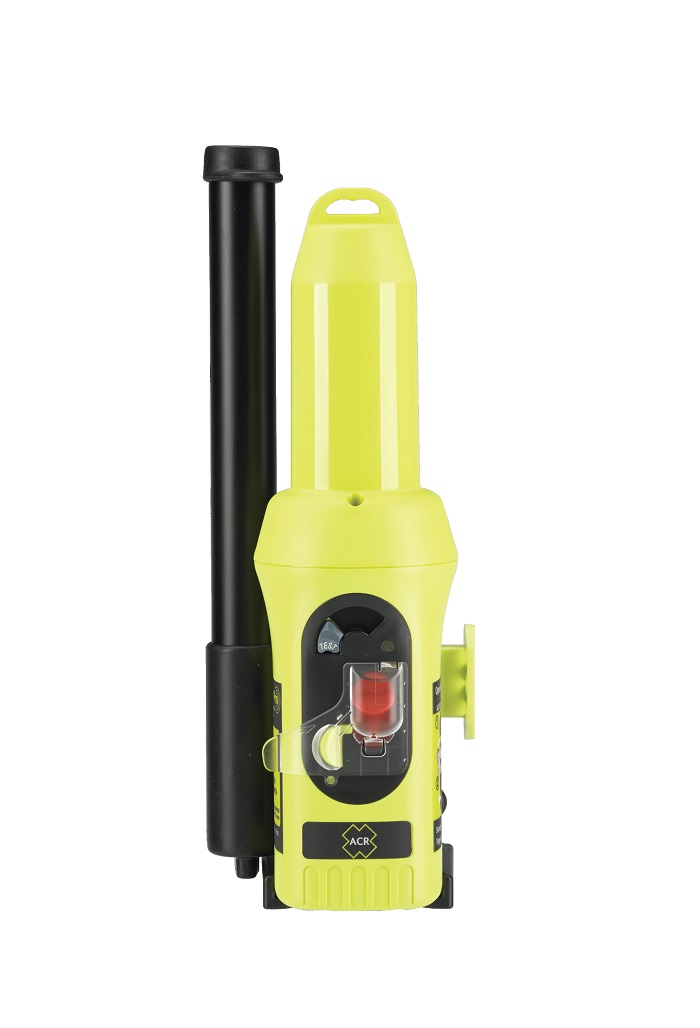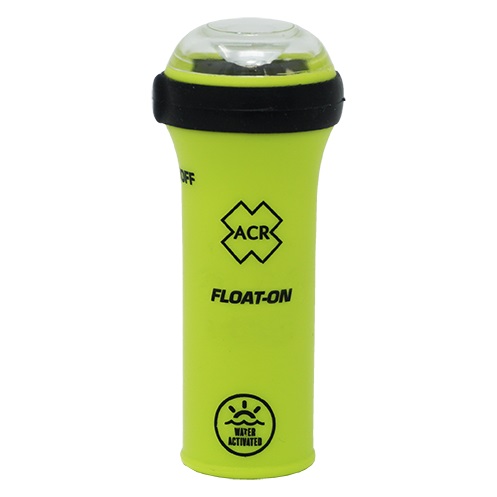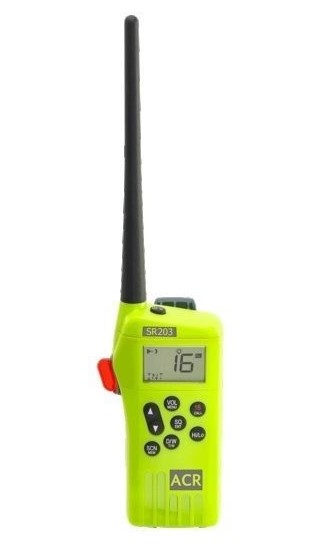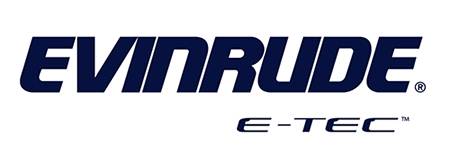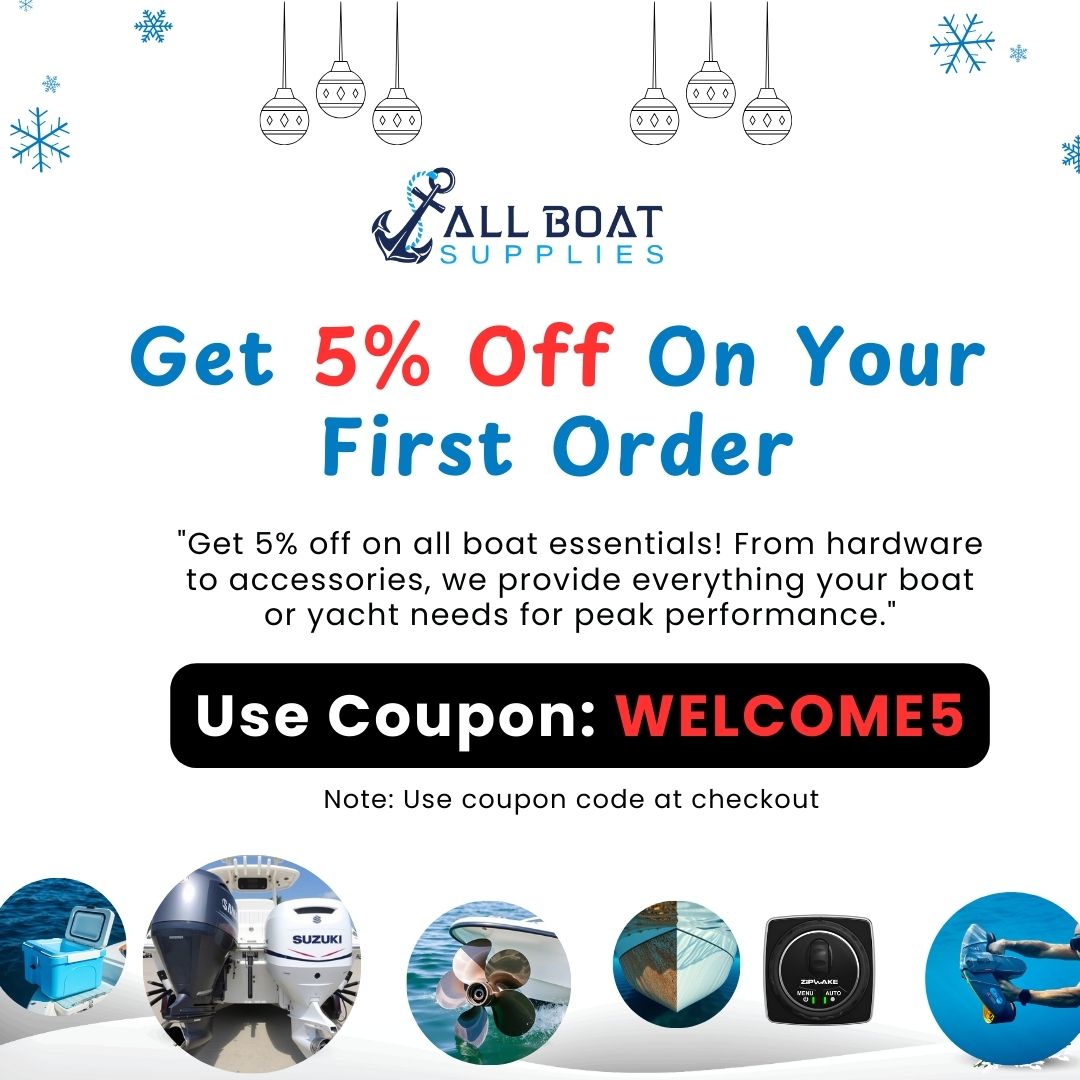Which propeller is best for my boat : A Descriptive Guide
Why Choosing the Right Propeller Matters
Selecting the right propeller for your boat is not just about speed—it’s about achieving the perfect balance between power, efficiency, and durability. A well-suited propeller ensures your boat operates at its peak, reducing engine strain, improving fuel efficiency, and providing a smooth, enjoyable ride.
Whether you’re cruising, fishing, or towing, the propeller is a critical component that can make or break your experience on the water.
Factors to Consider When Choosing a Boat Propeller
1. Boat Type and Engine Compatibility
Different boats and engines require specific types of propellers. For example:
- Small Boats: Benefit from lightweight aluminum propellers.
- Heavy Vessels: Require larger-diameter propellers for better thrust.
- High-Performance Boats: Stainless steel propellers offer superior durability and performance.
2. Propeller Material
- Aluminum: Affordable and lightweight, ideal for casual boaters.
- Stainless Steel: More expensive but highly durable, suitable for high-performance or saltwater conditions.
- Composite: Lightweight and cost-effective, but less durable than metal options.
3. Pitch and Diameter
These are the most critical specifications to understand:
- Pitch: Refers to the distance a propeller moves the boat in one revolution.
- Lower pitch = more power but slower speed (ideal for heavy loads).
- Higher pitch = higher speed but reduced torque.
- Diameter: The width of the propeller. Larger diameters are better for heavier boats, while smaller diameters suit lighter, faster vessels.
4. Number of Blades
The number of blades impacts performance and handling:
- 3-Blade Propellers: Common for speed and efficiency.
- 4-Blade Propellers: Offer smoother rides, improved fuel efficiency, and better handling in rough waters.
5. Type of Boating Activity
Your intended use determines the best propeller:
- Fishing: Go for a propeller that offers slower trolling speeds and fuel efficiency.
- Cruising: Choose a propeller with higher pitch for better speed and fuel economy.
- Towing: A lower-pitch propeller provides the necessary torque for pulling water skiers or wakeboarders.
Popular Boat Propeller Brands
Here are some trusted brands to consider:
- Mercury Marine: Renowned for high-quality, durable propellers suitable for a wide range of boats.
- Solas: Offers an excellent balance between affordability and performance.
- Michigan Wheel: Known for customizable options and exceptional build quality.
How to Test and Optimize Your Propeller
To find the best propeller for your needs, follow these steps:
- Check Your Owner’s Manual: This will often include manufacturer-recommended propeller specs.
- Test Different Options: Experiment with various pitches and materials to see which works best for your boat.
- Monitor Performance: Track changes in speed, fuel efficiency, and engine RPM (revolutions per minute).
A properly matched propeller will allow your engine to reach its ideal RPM range. If the engine is underperforming or over-revving, you may need to adjust the propeller.
Common Mistakes to Avoid
- Choosing a propeller based solely on price.
- Ignoring your boat’s specific needs or engine capacity.
- Overlooking environmental factors like saltwater usage, which requires corrosion-resistant materials like stainless steel.
Conclusion: Enhance Your Boating Experience
